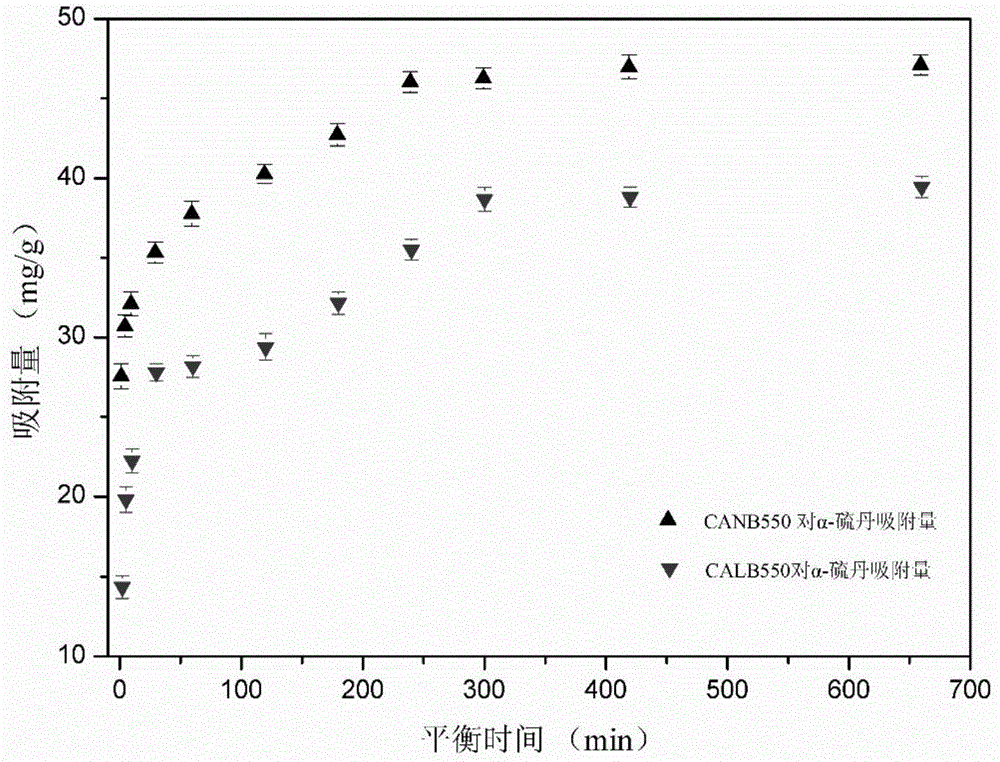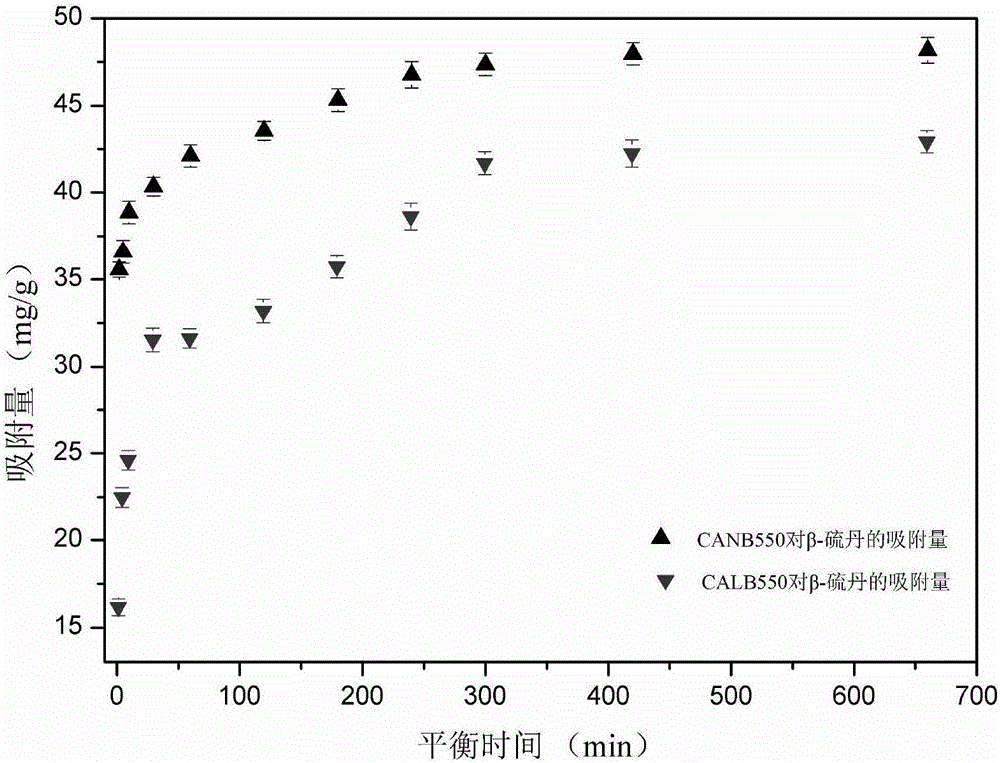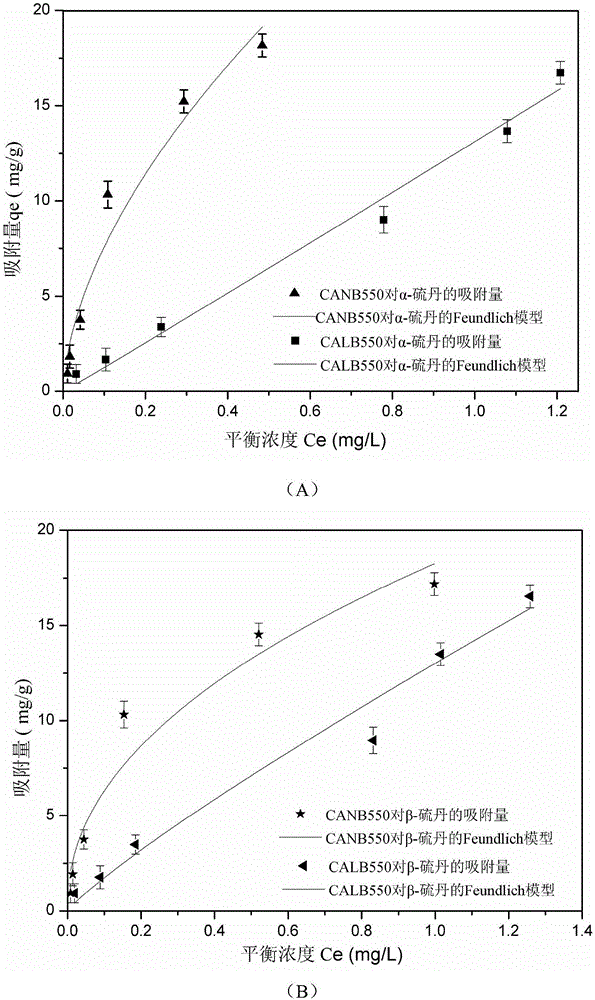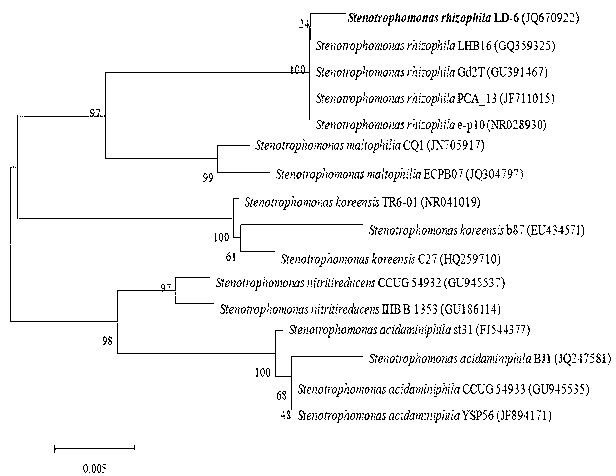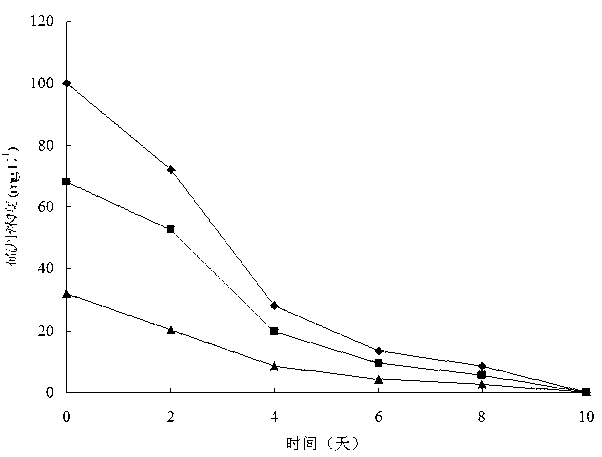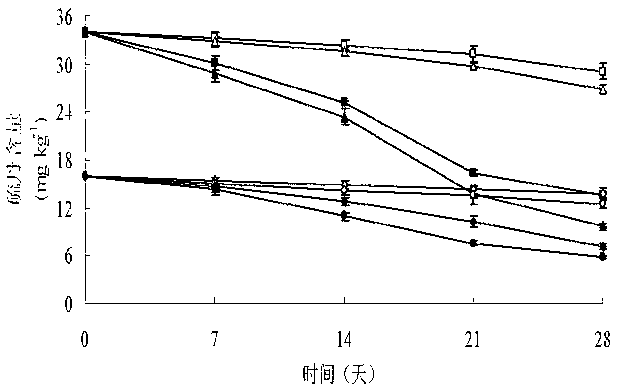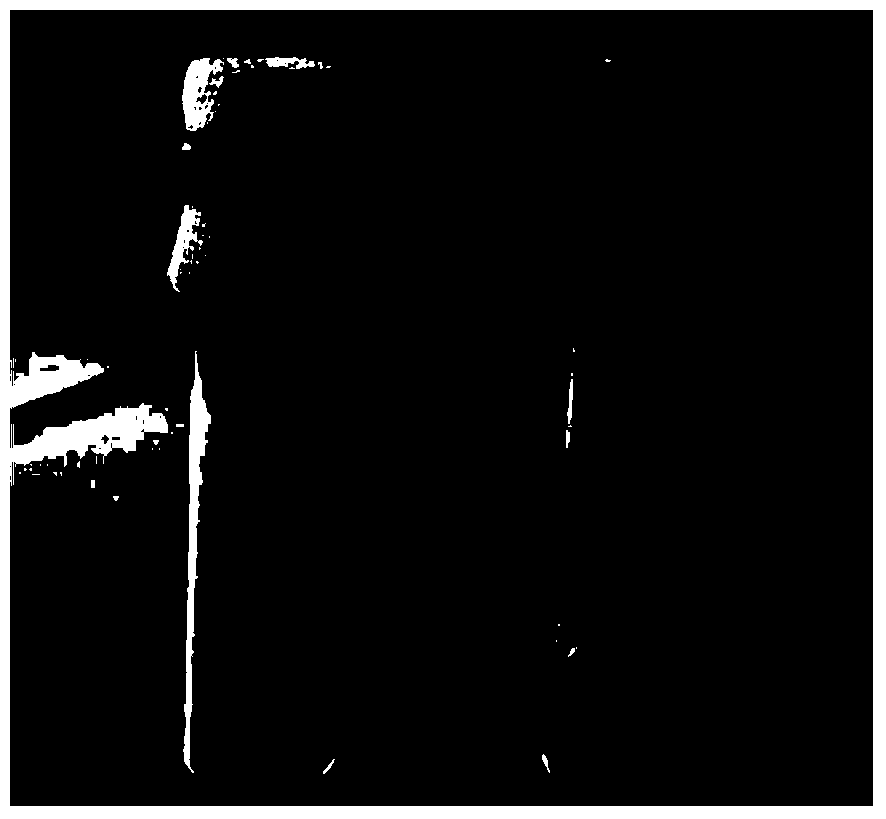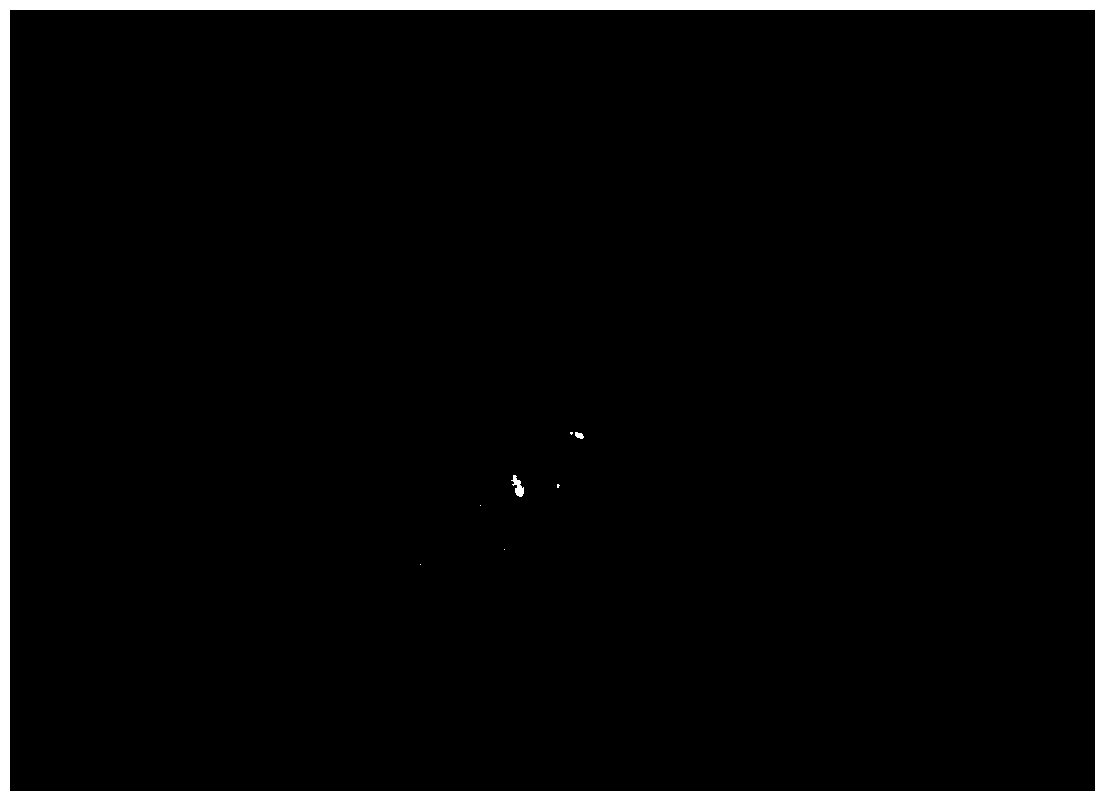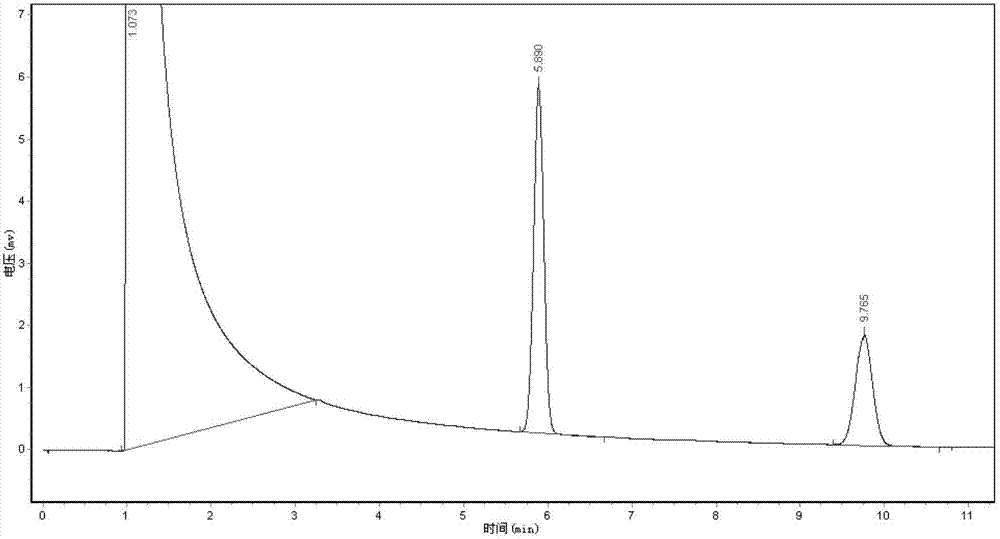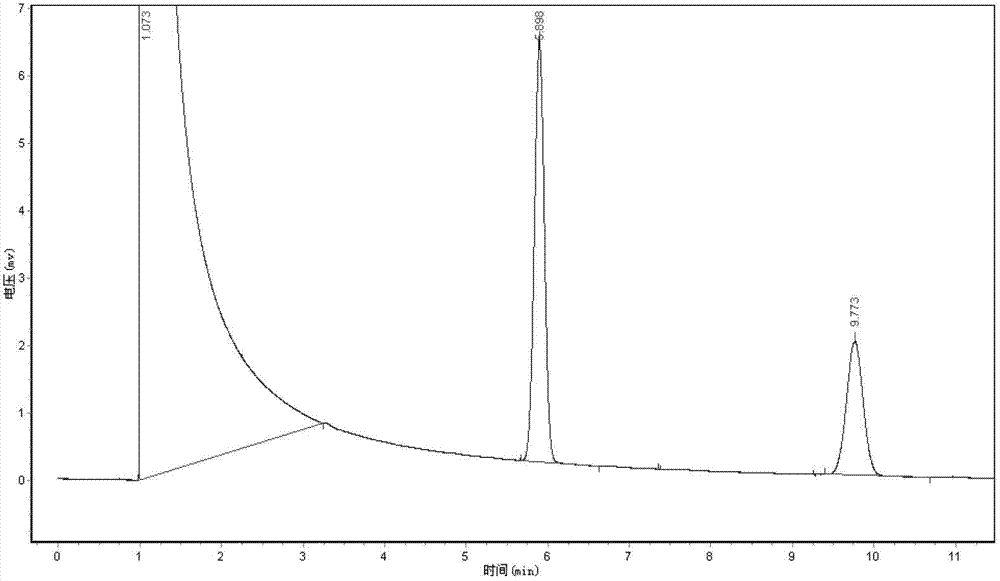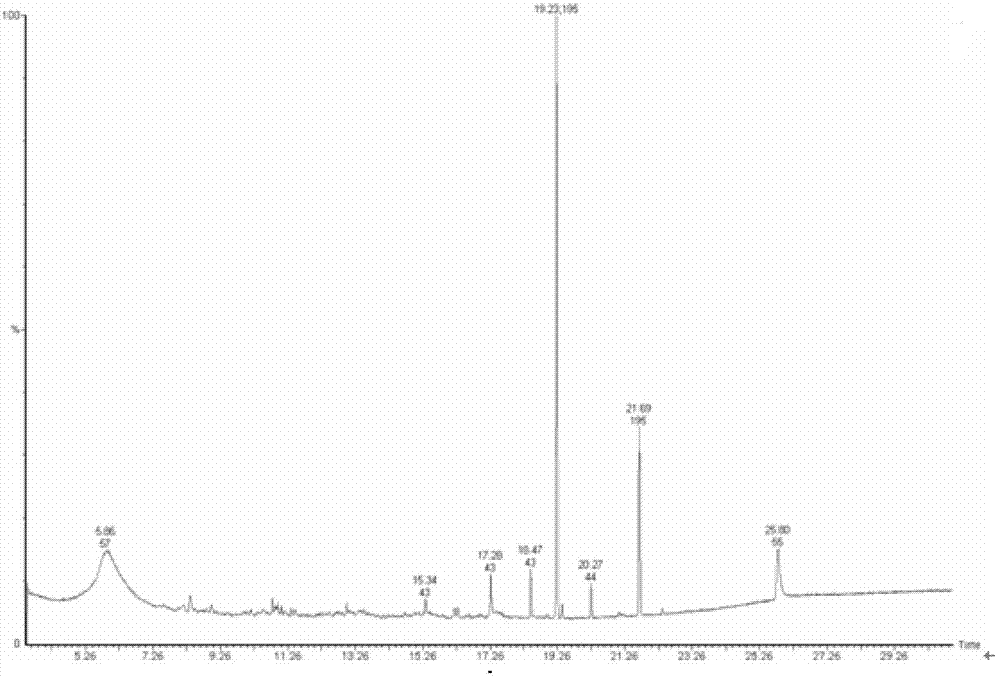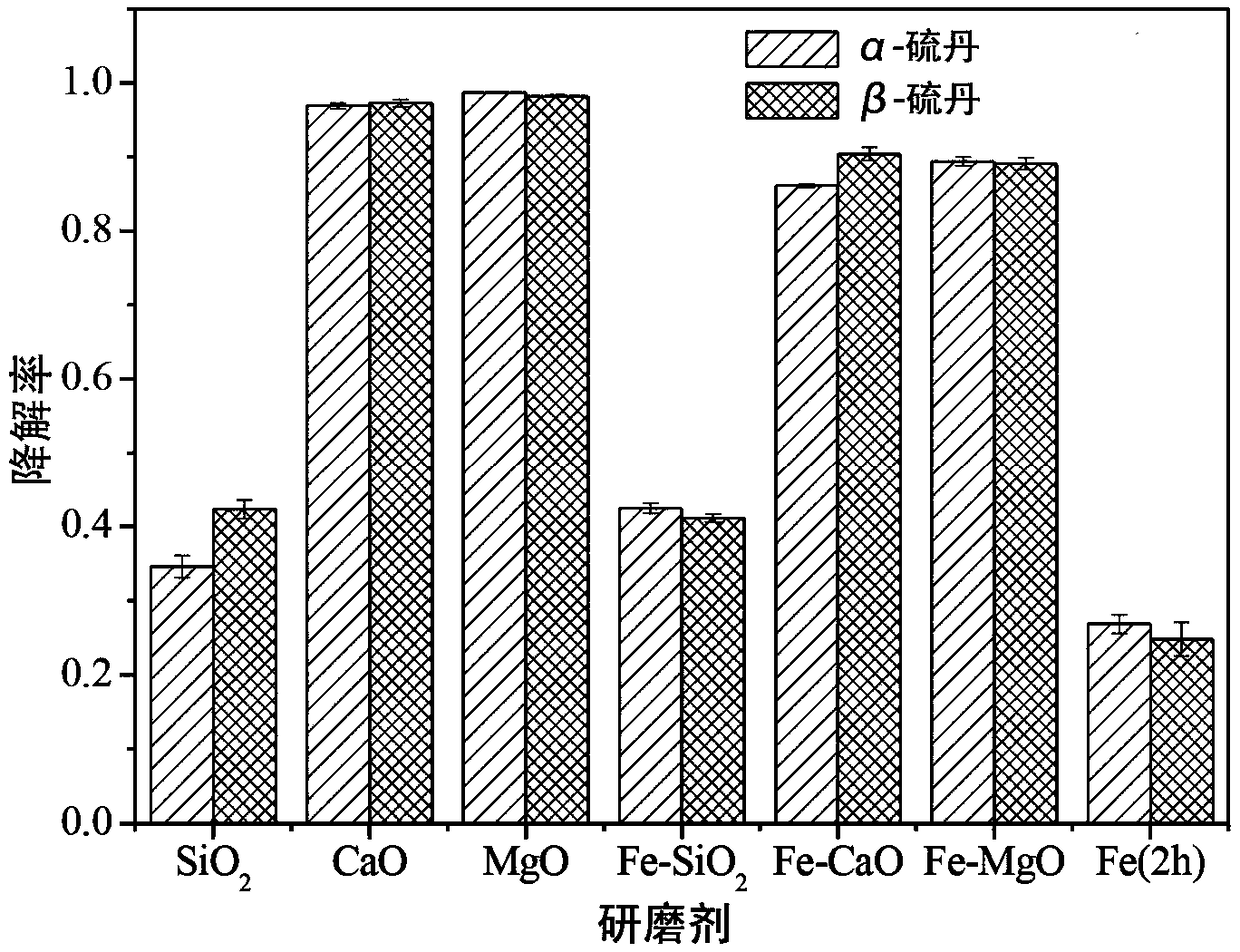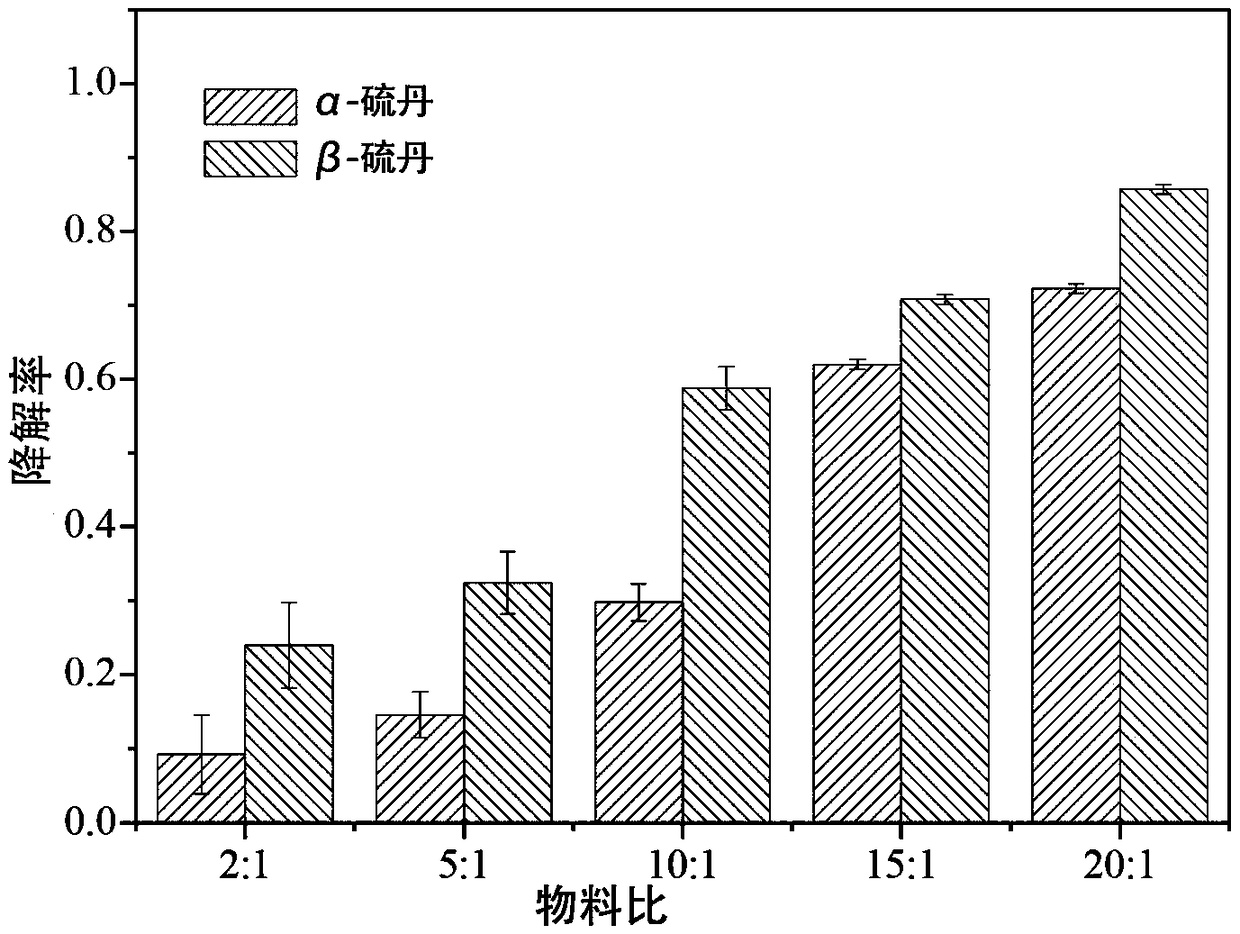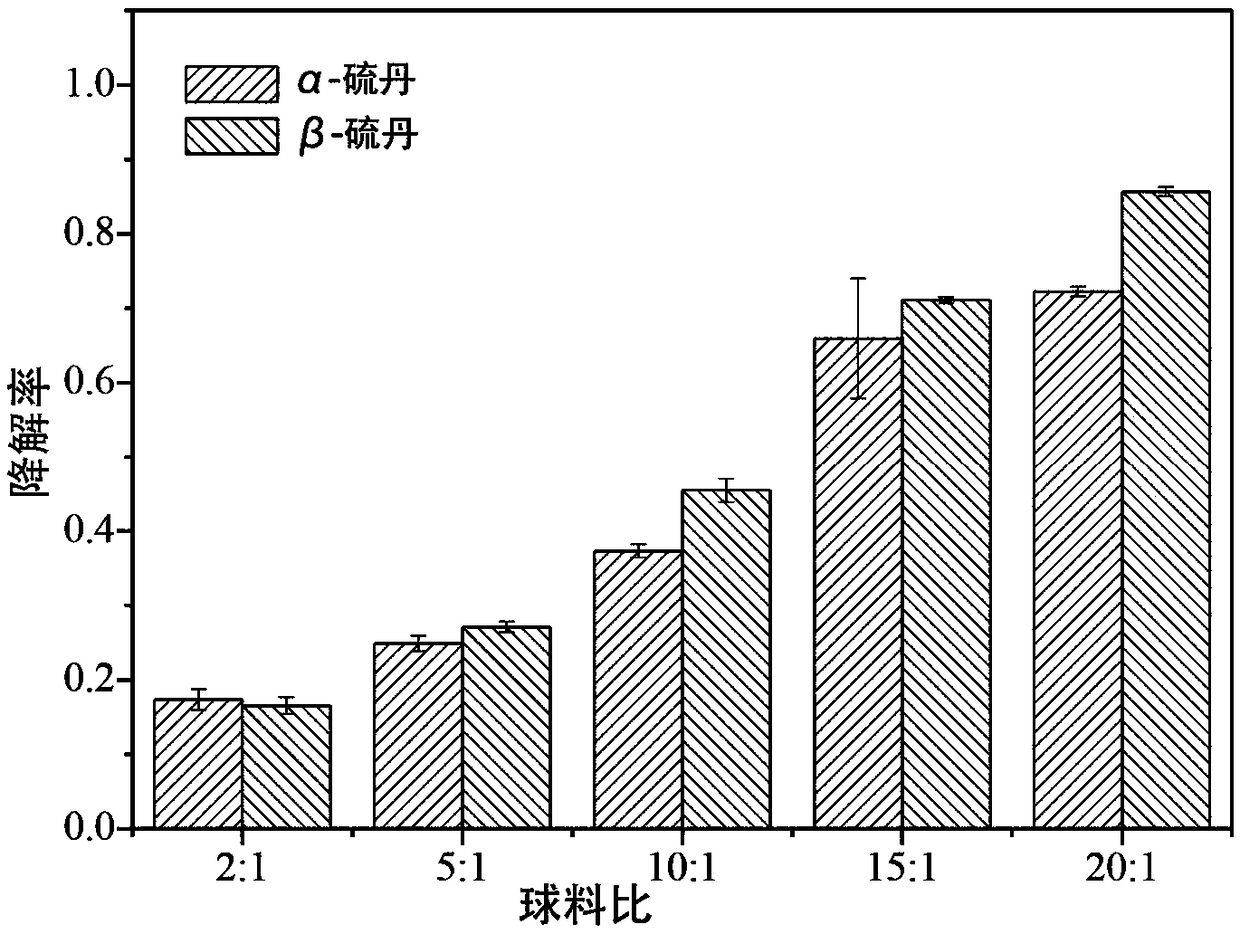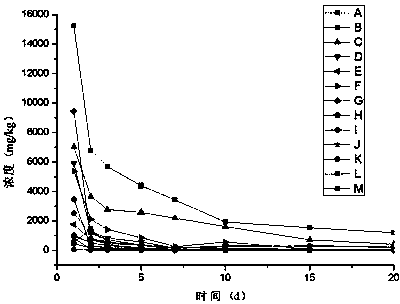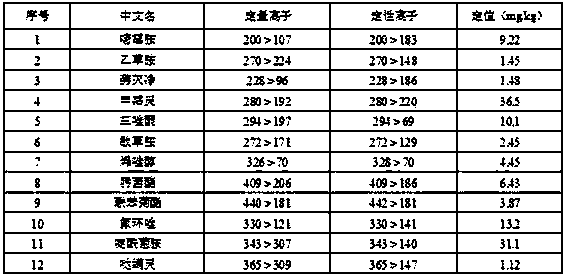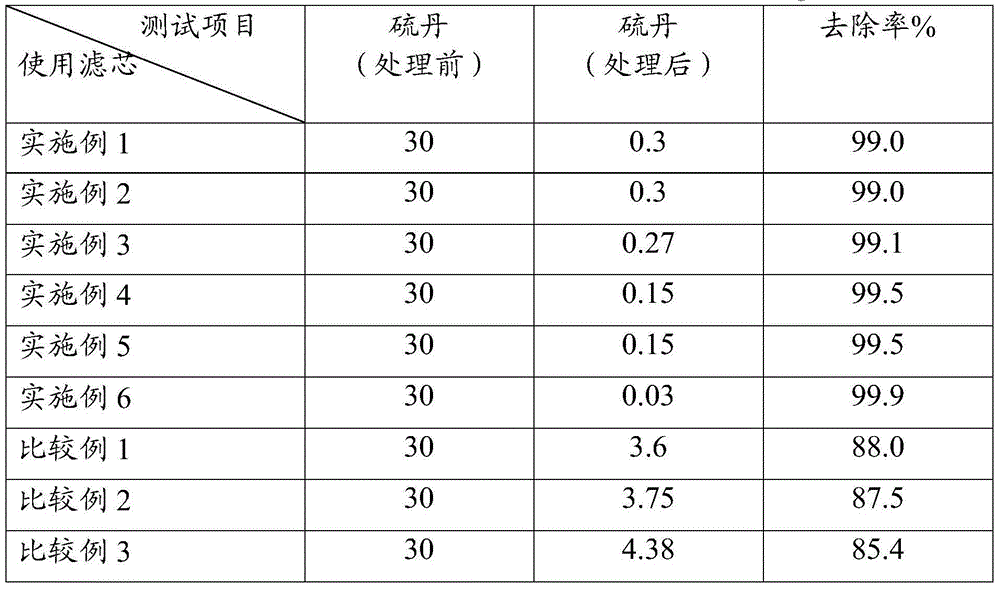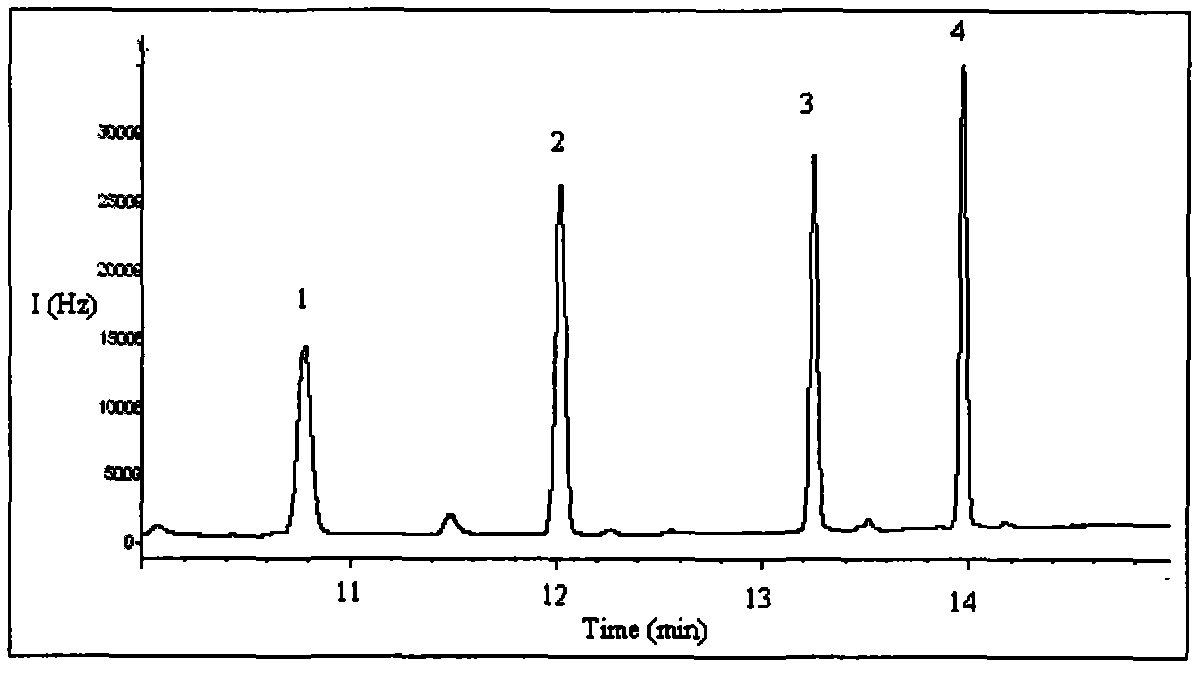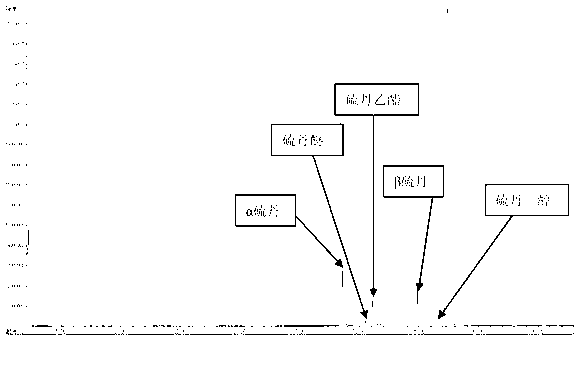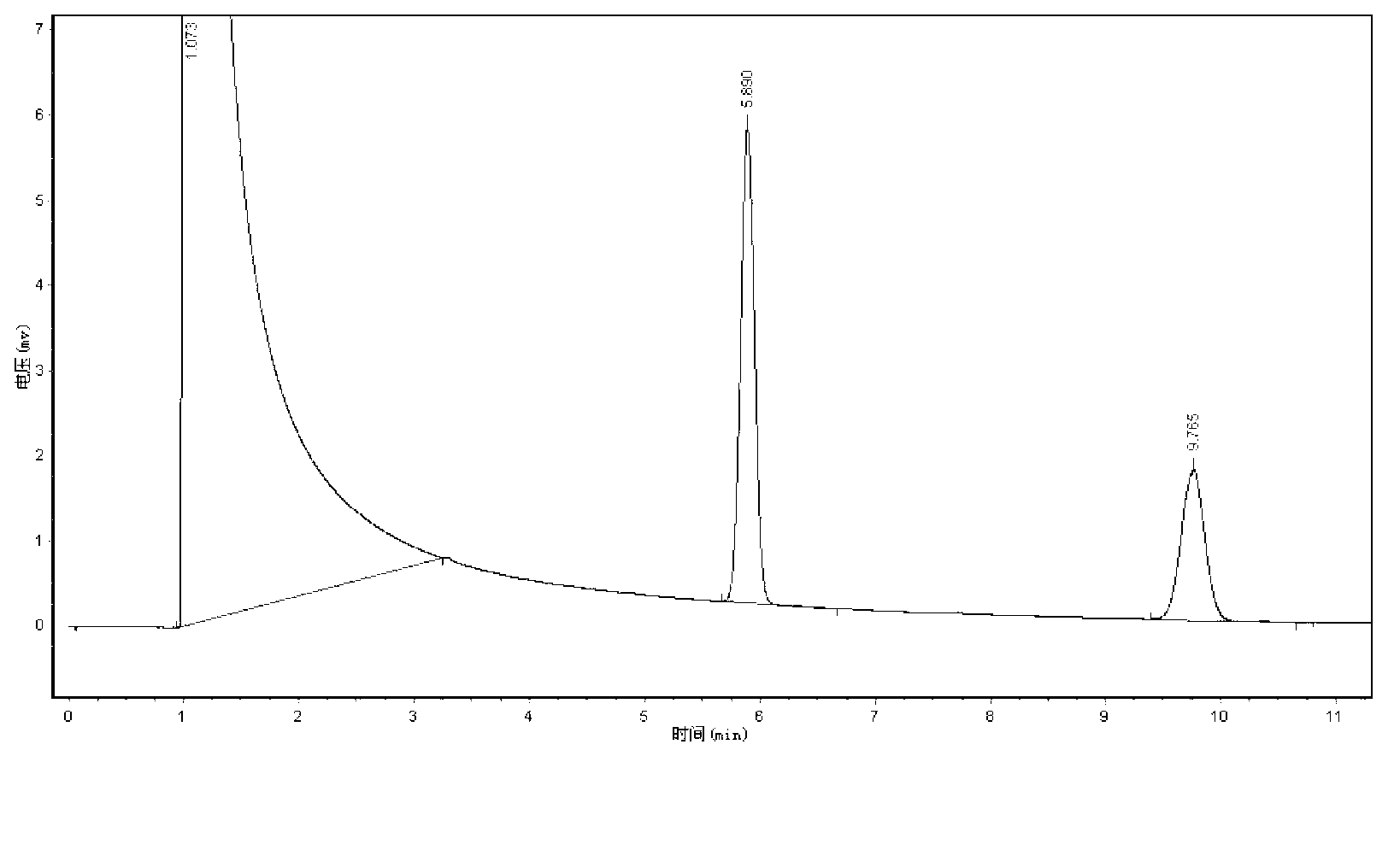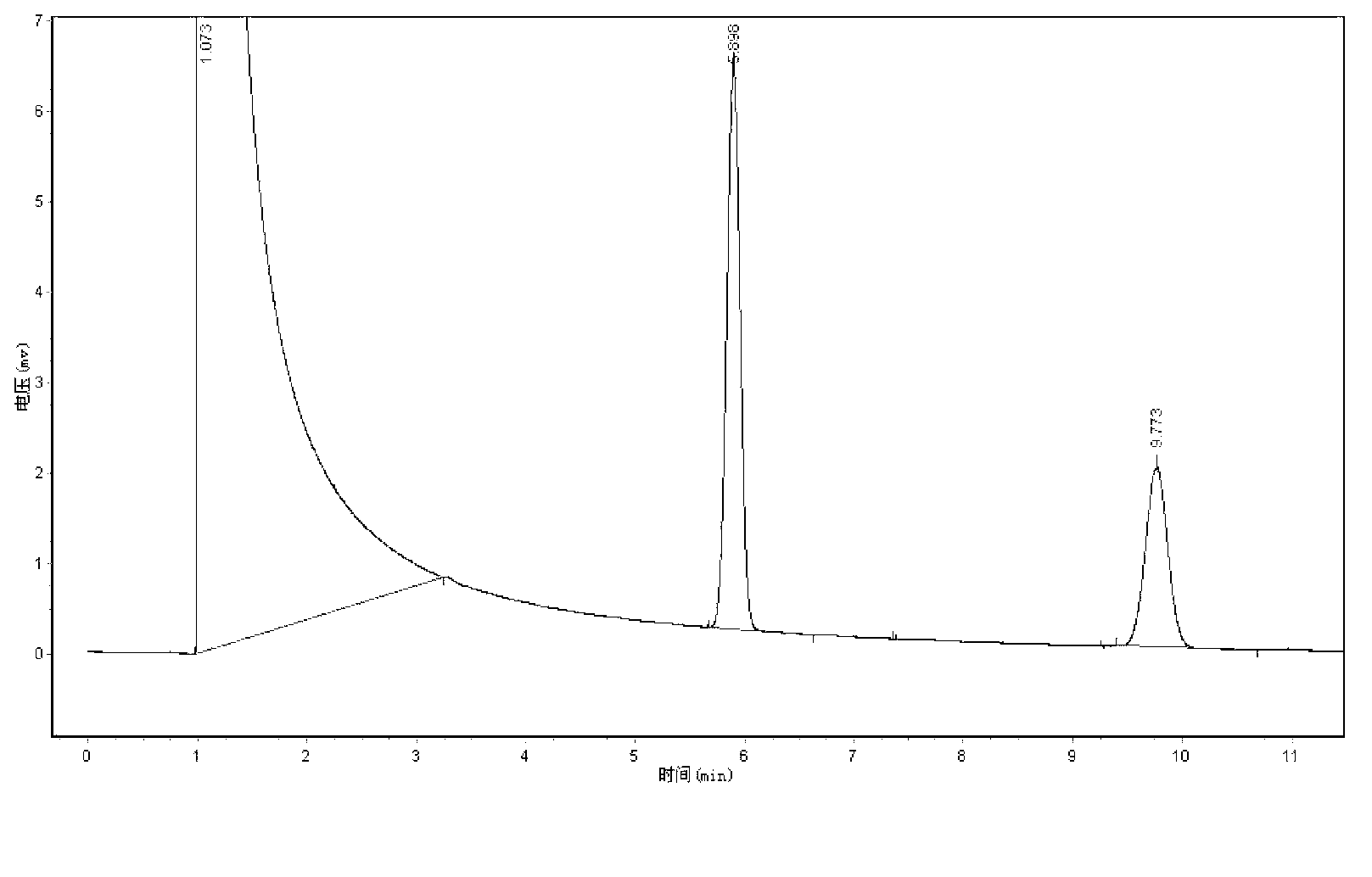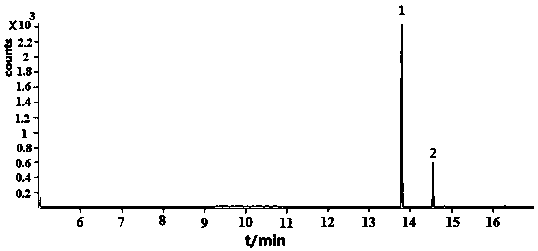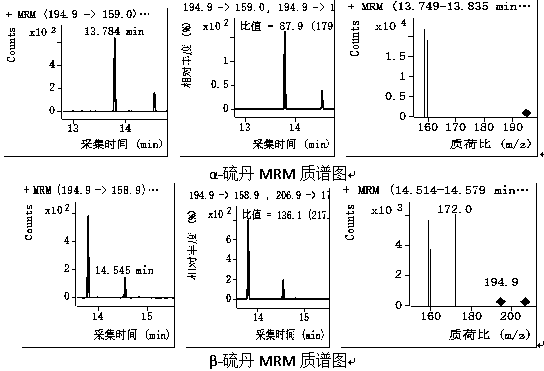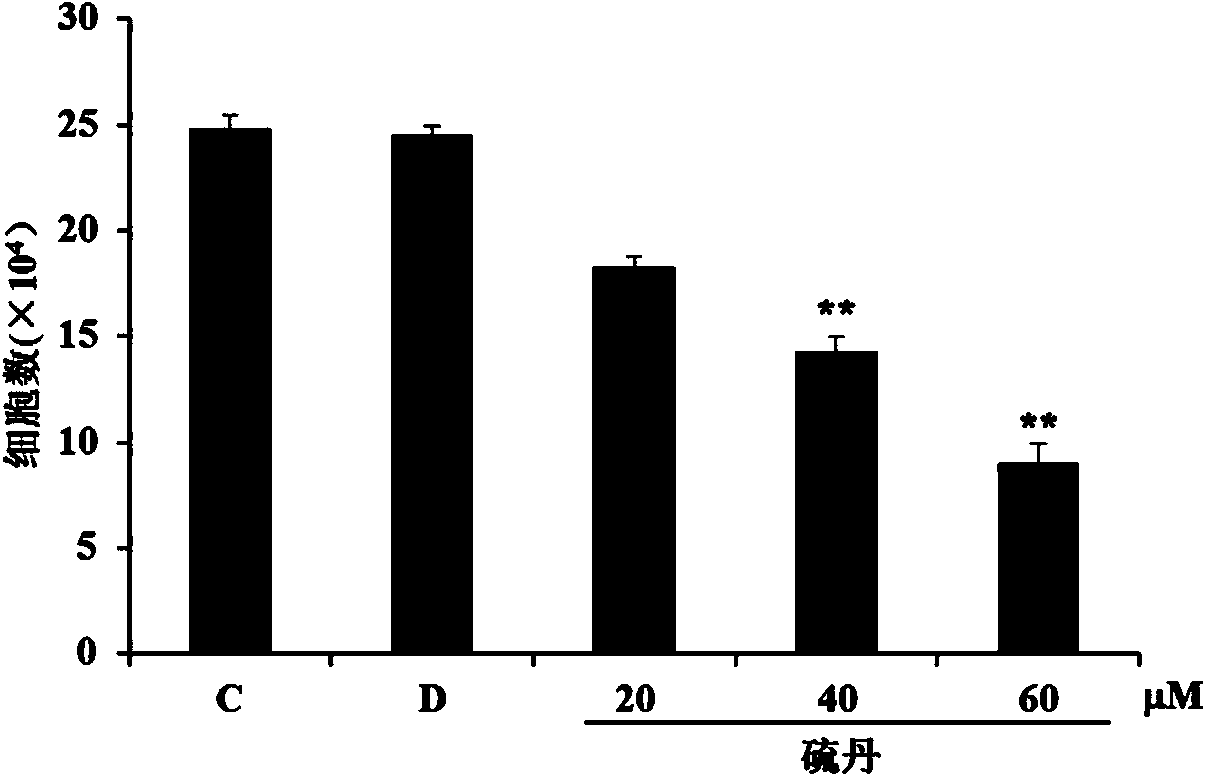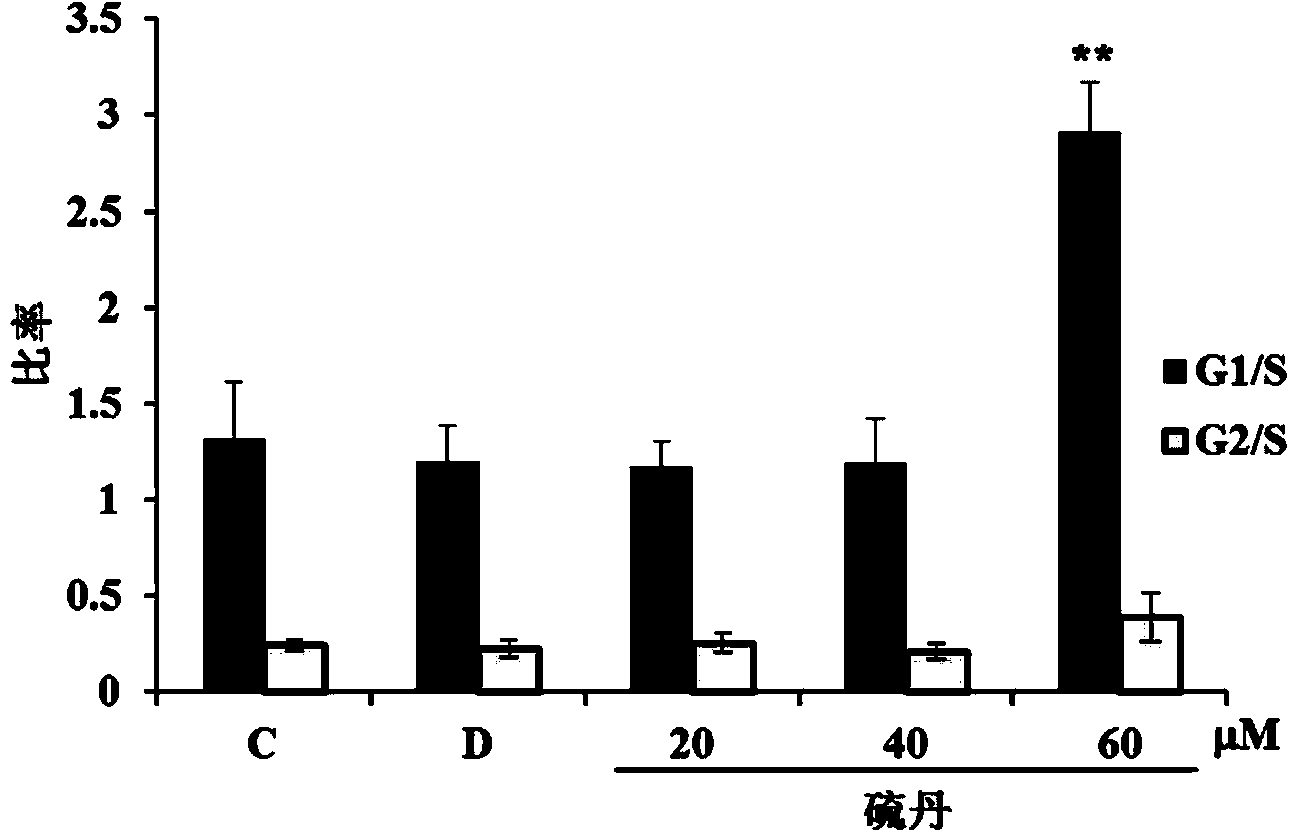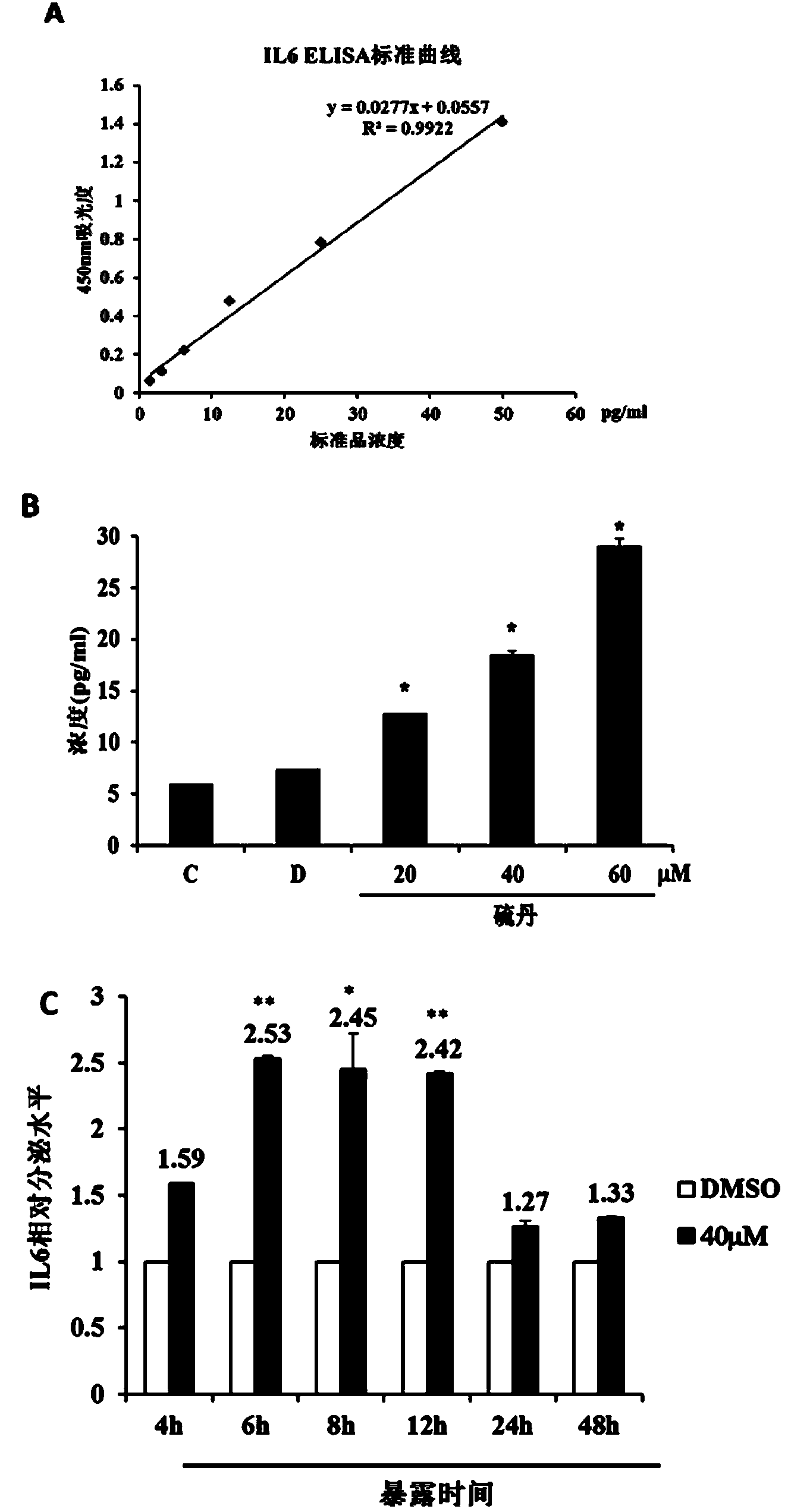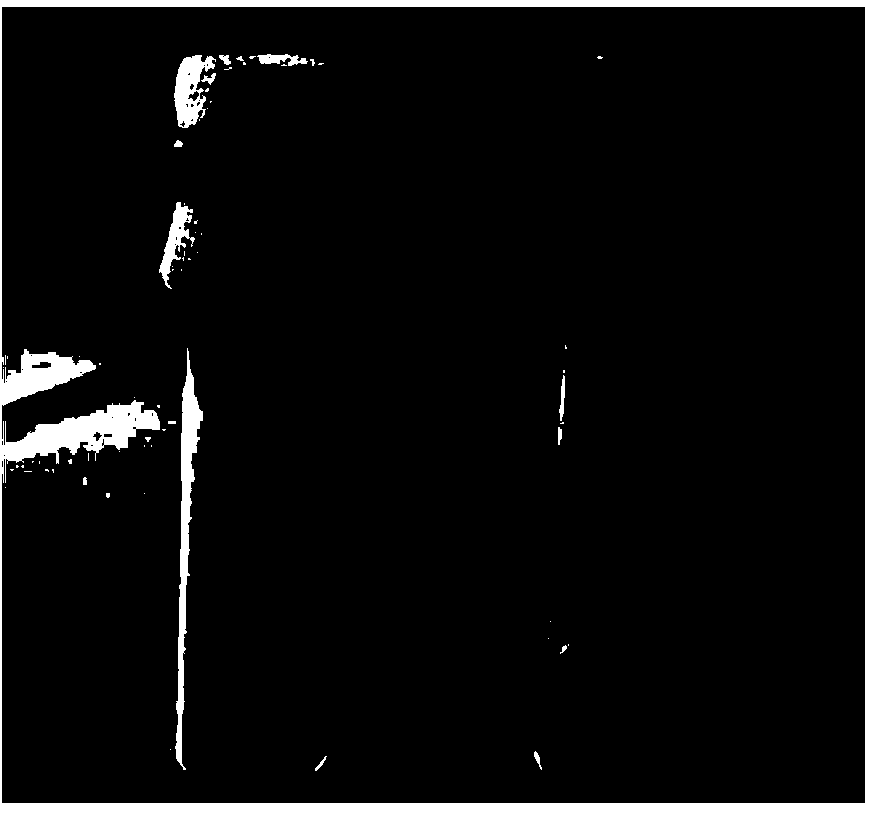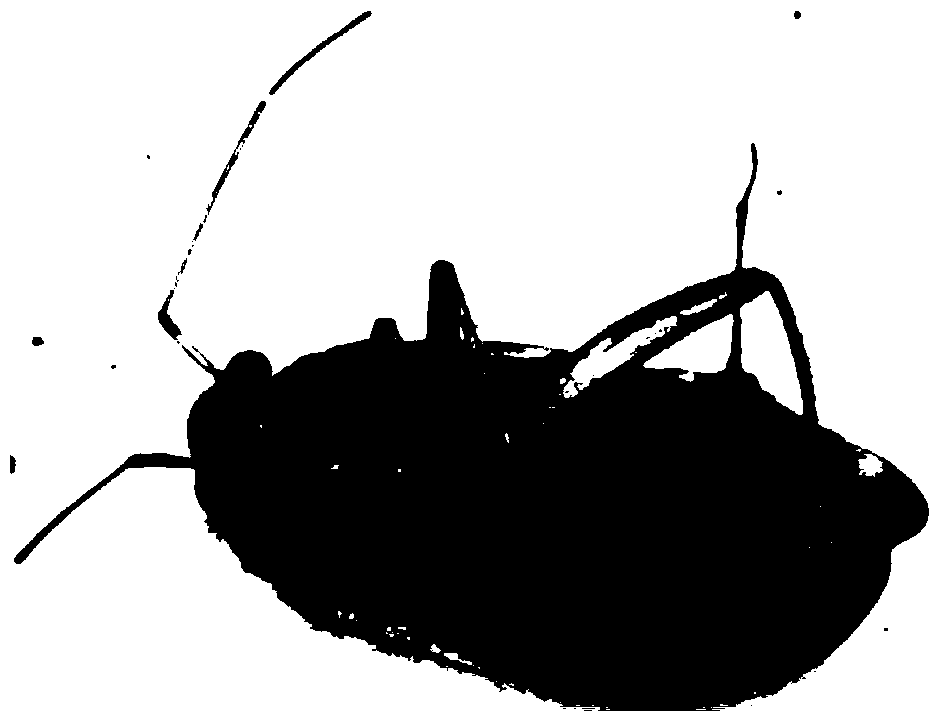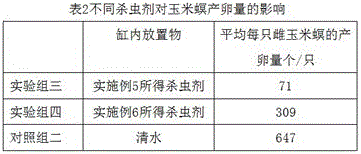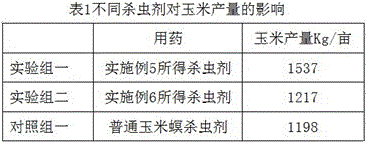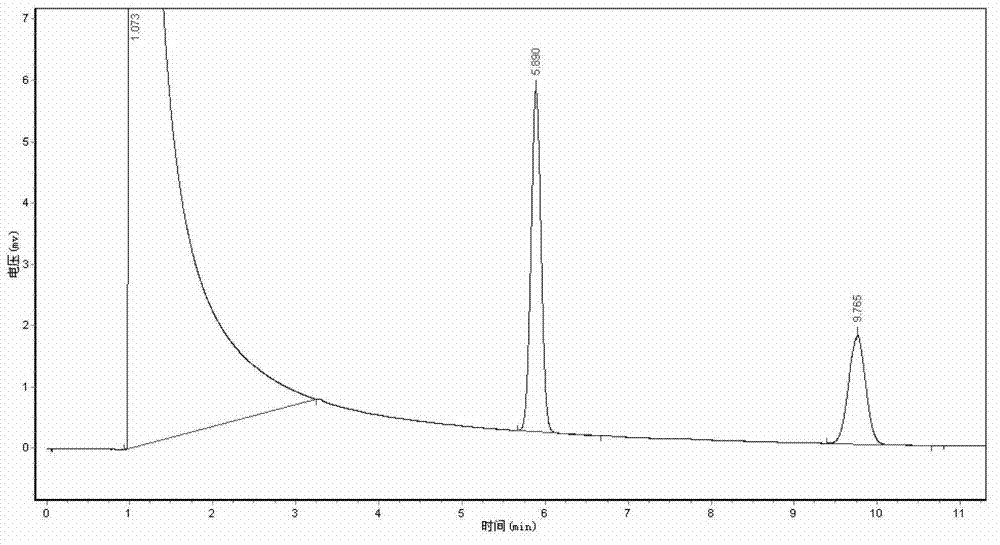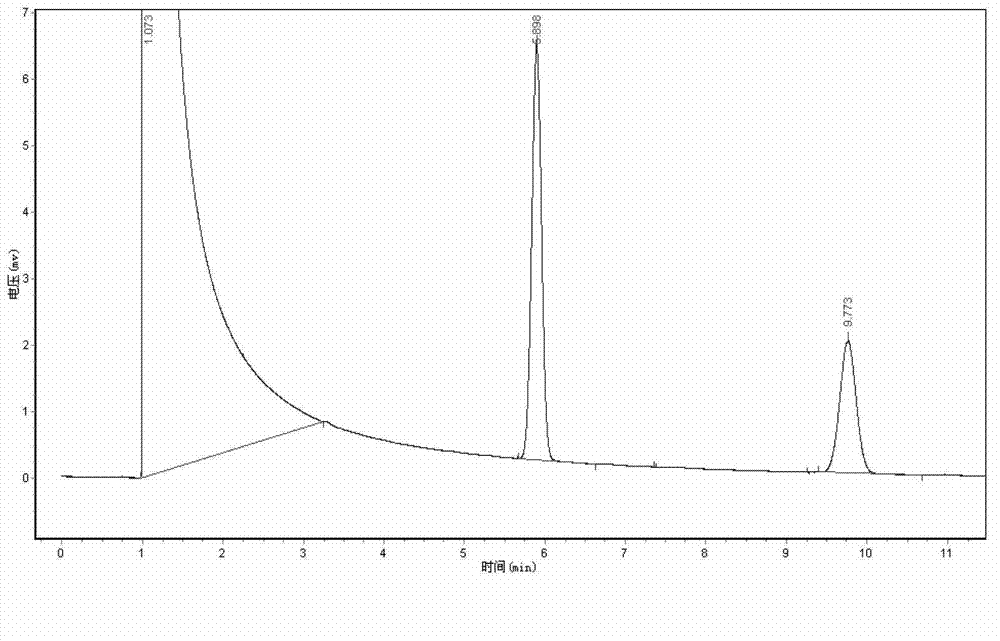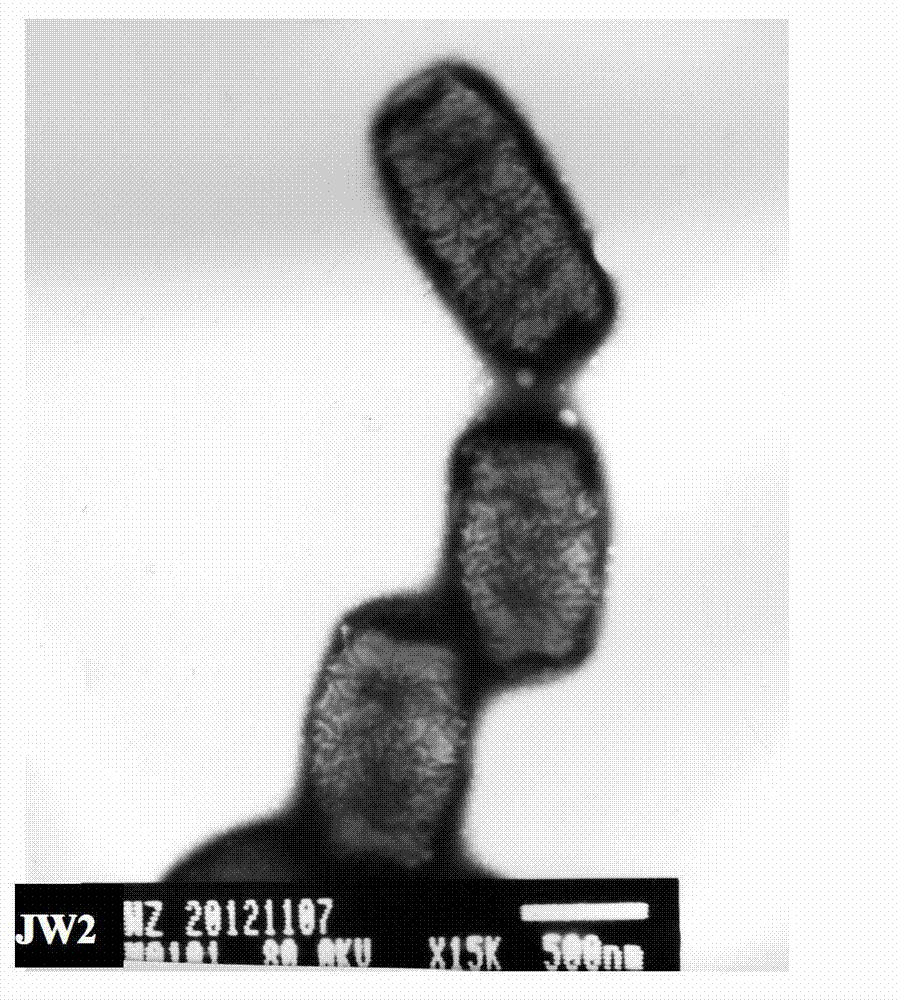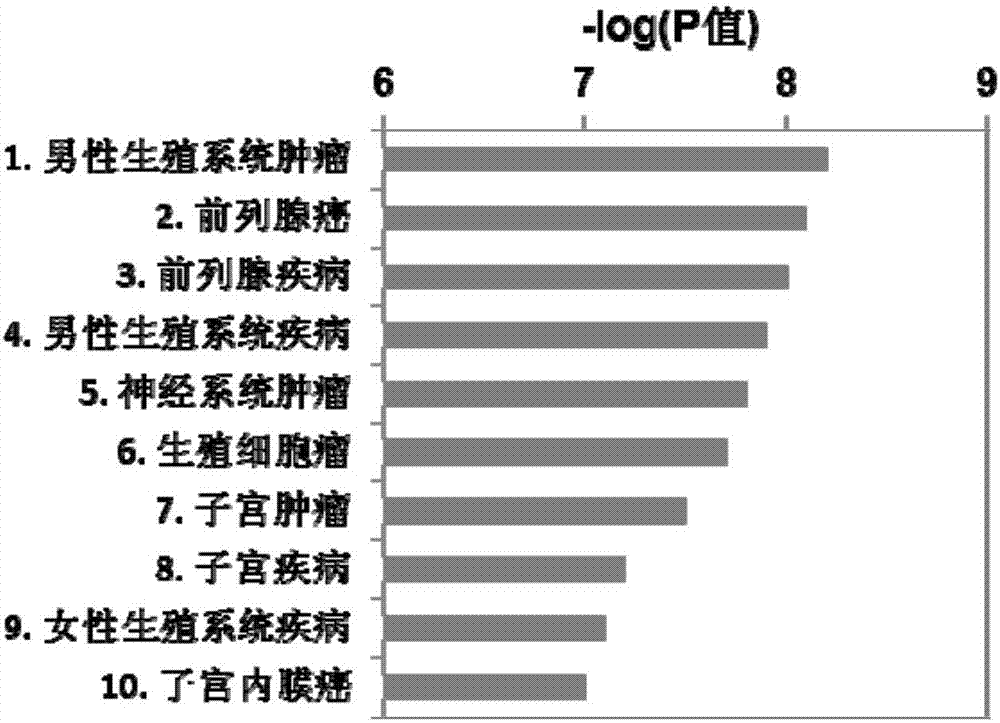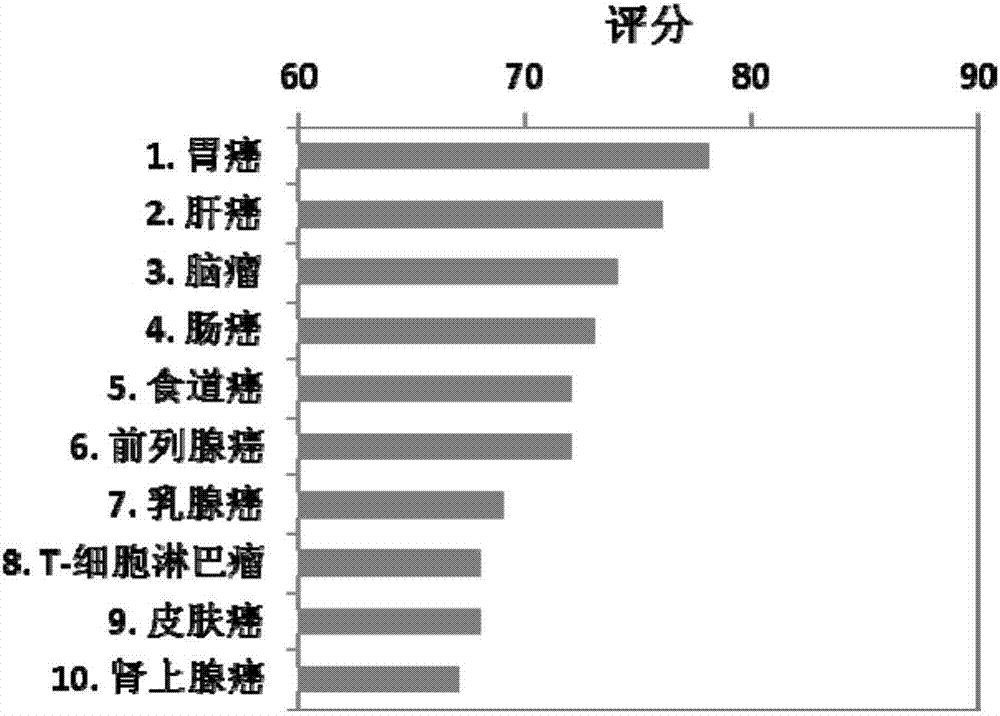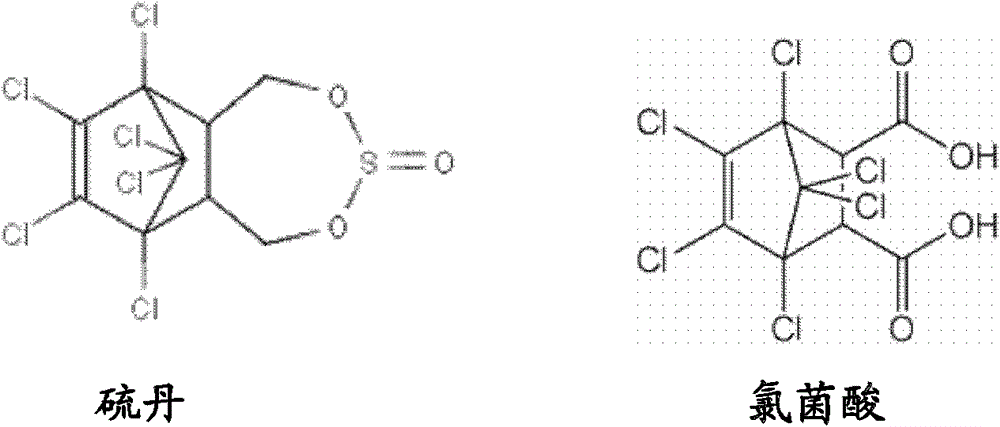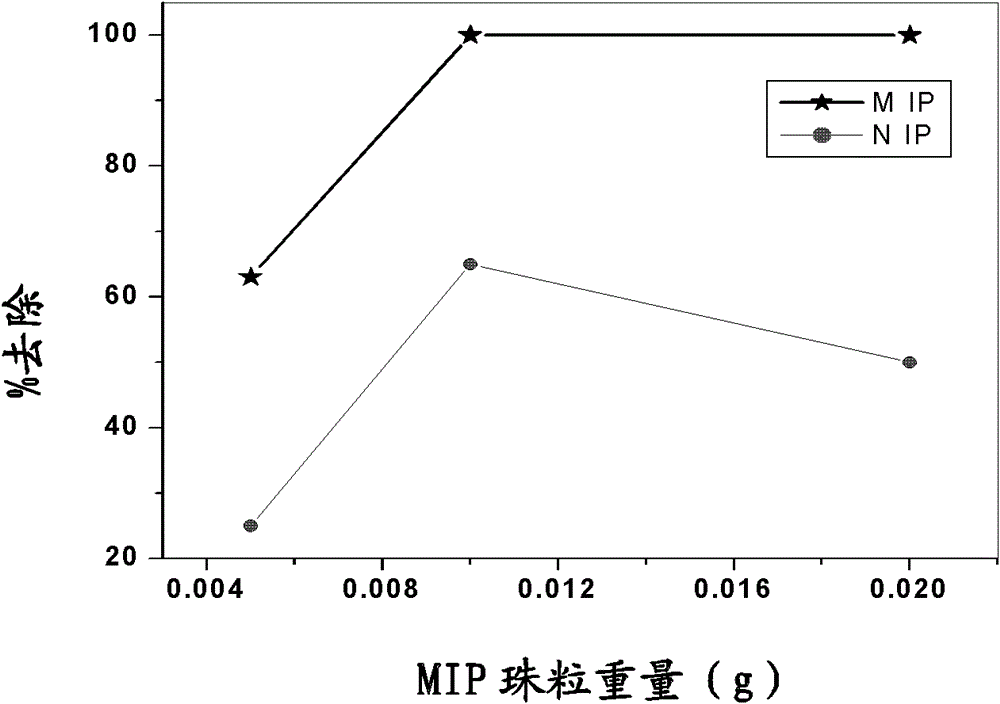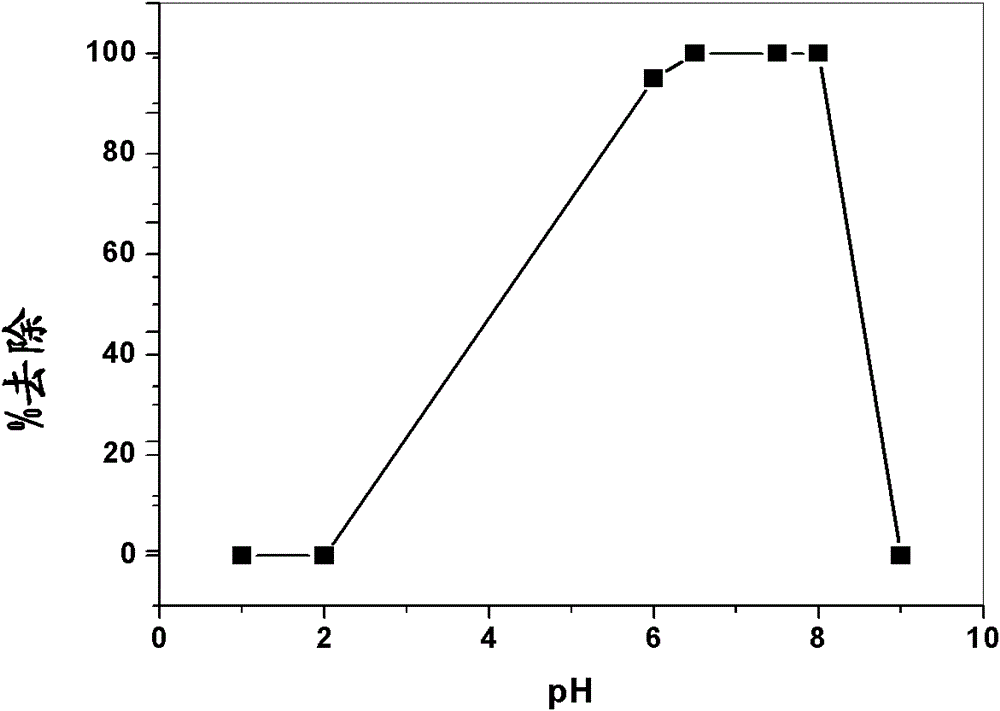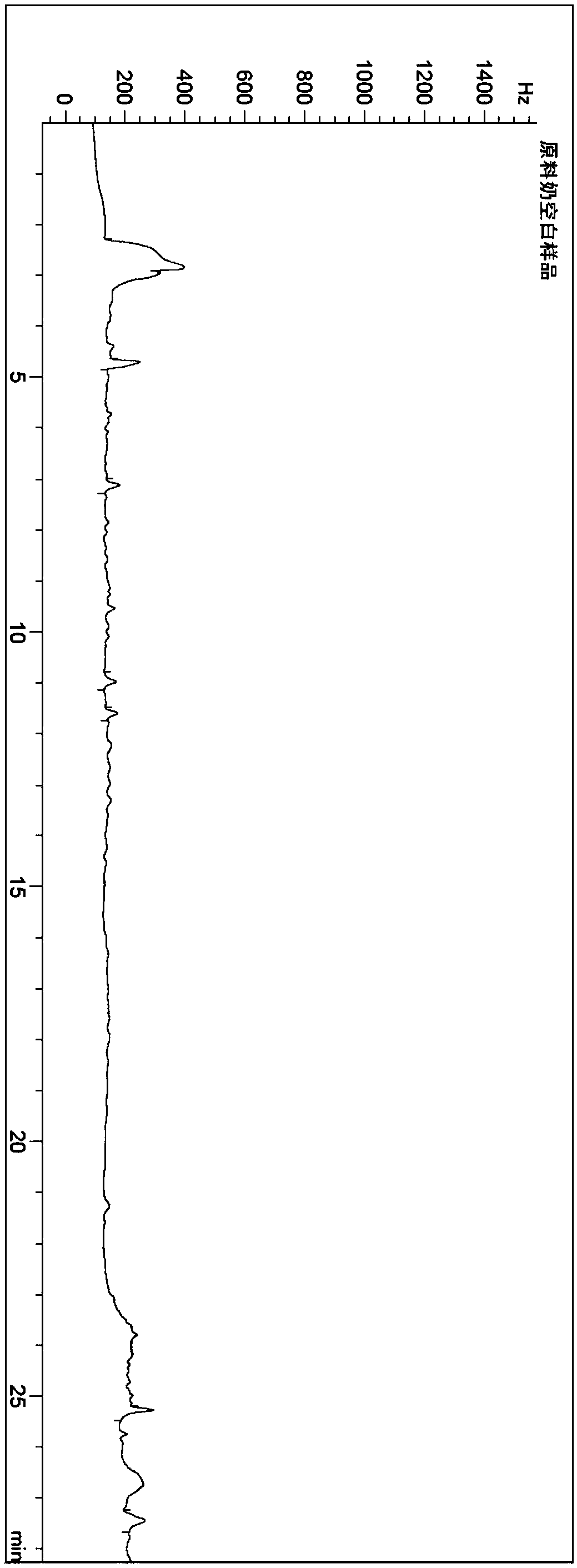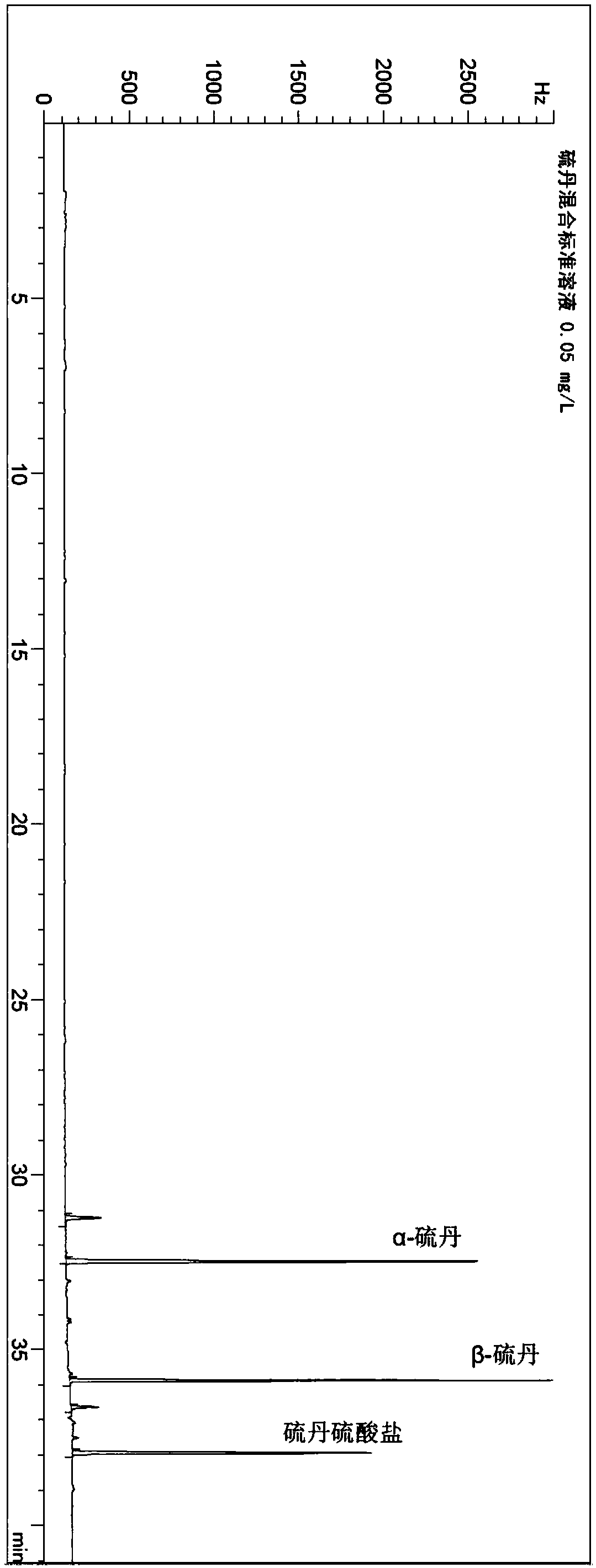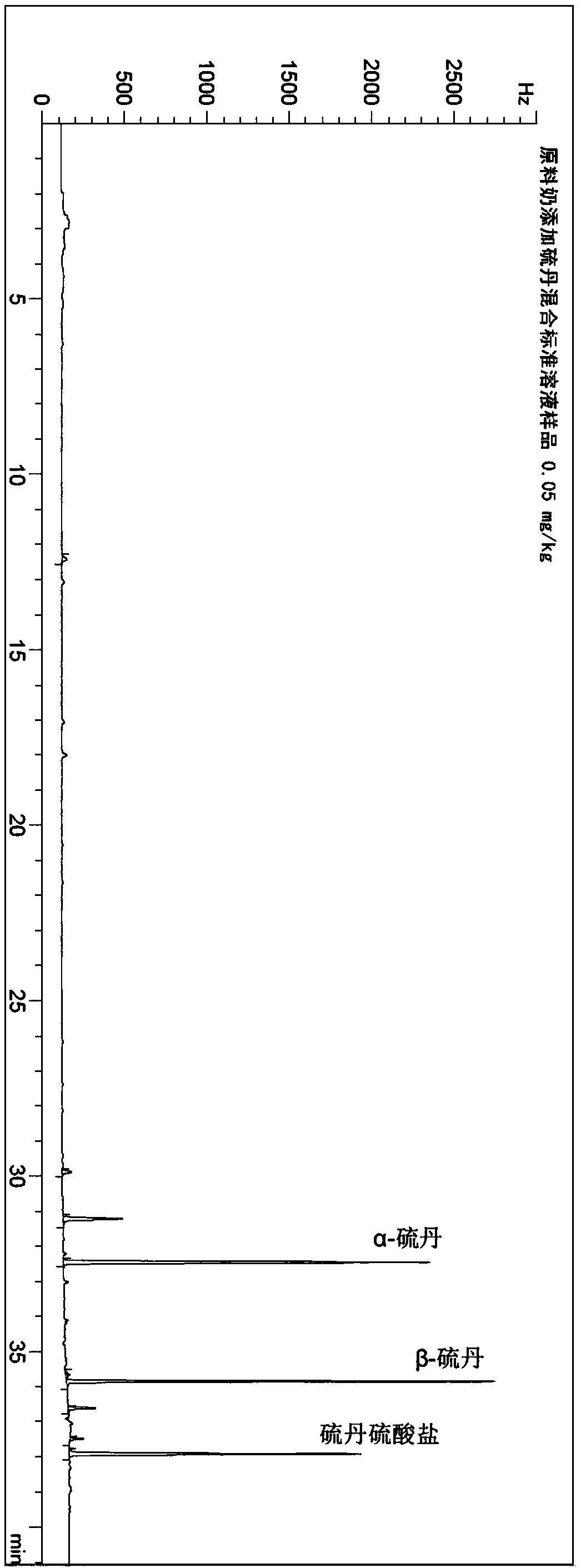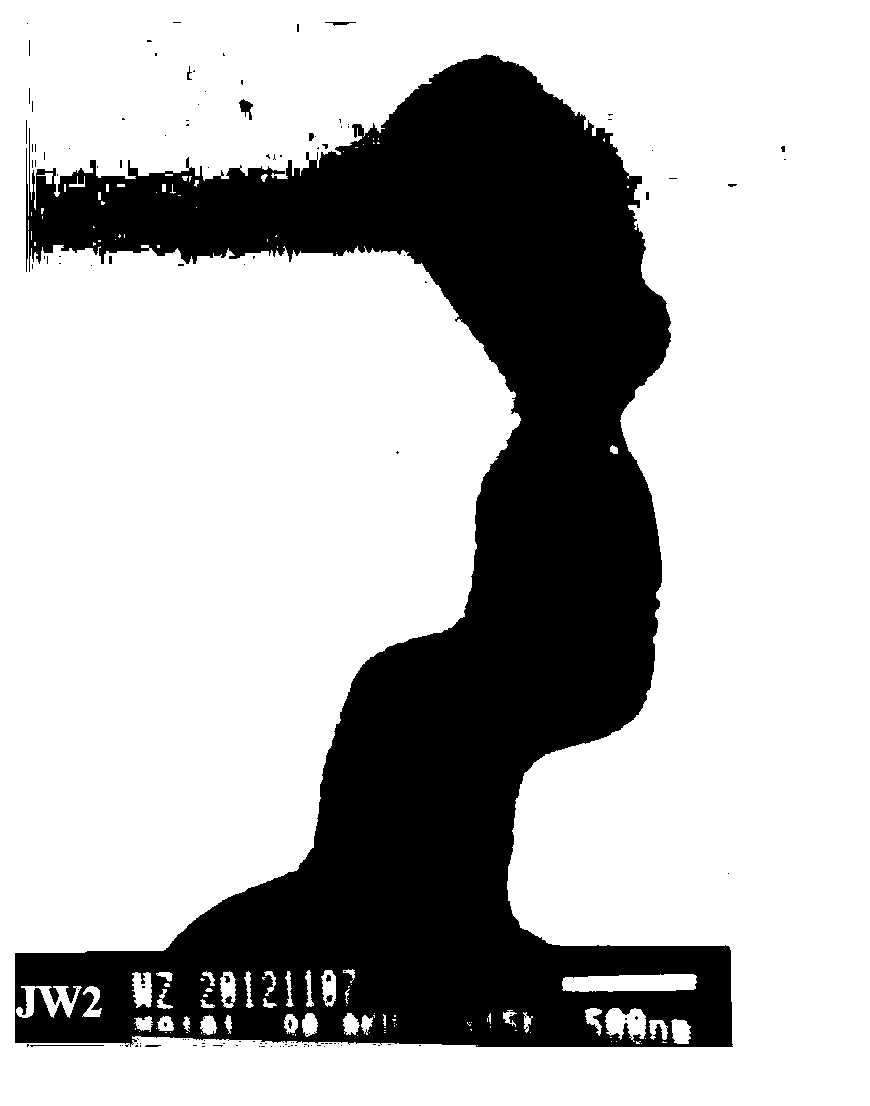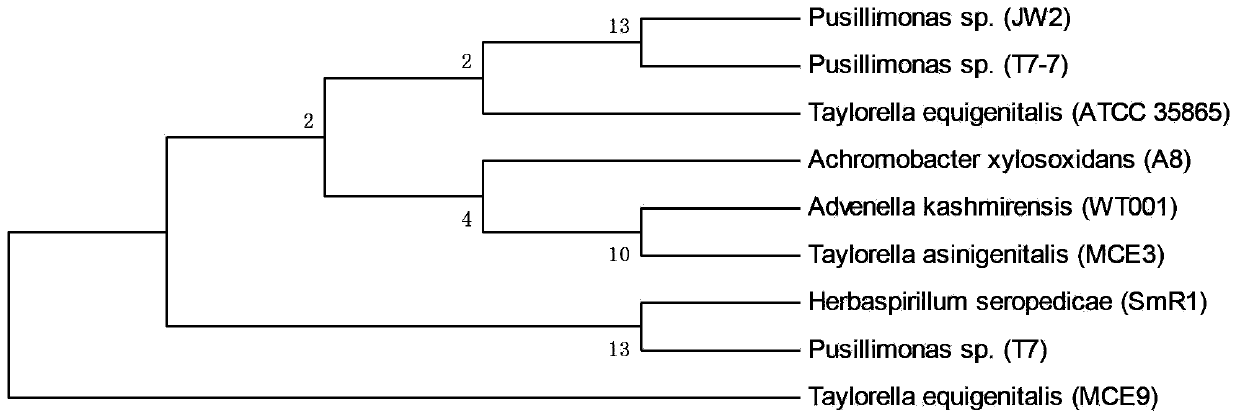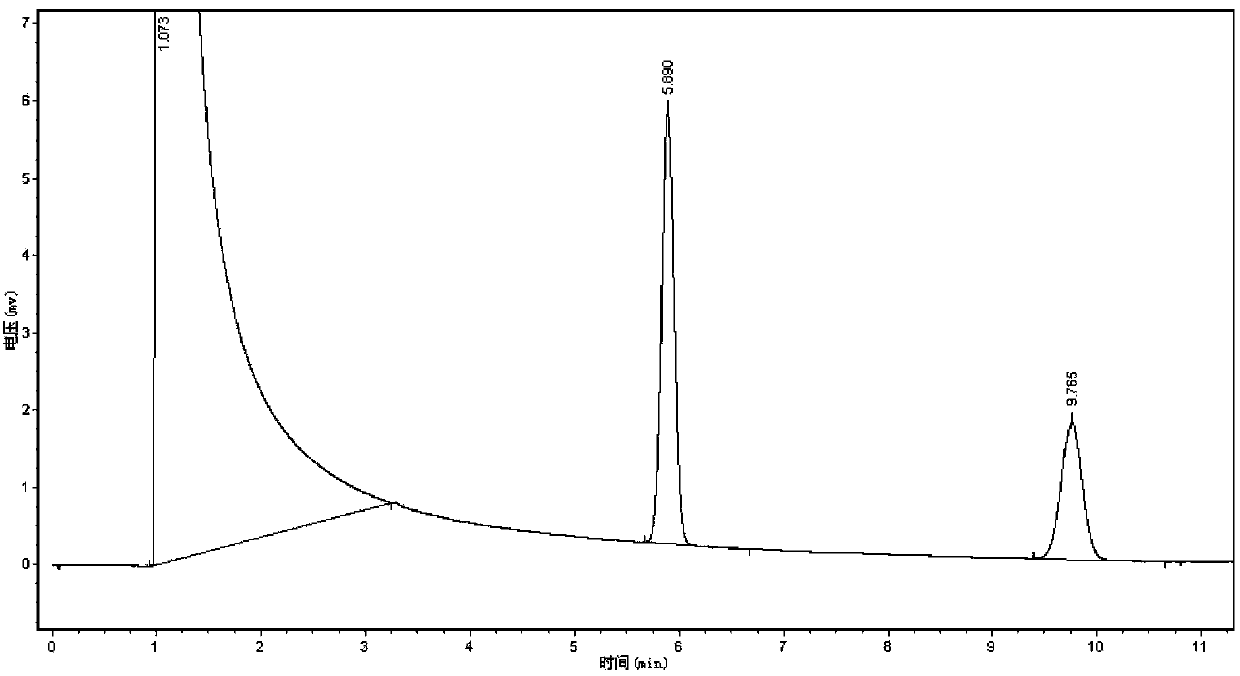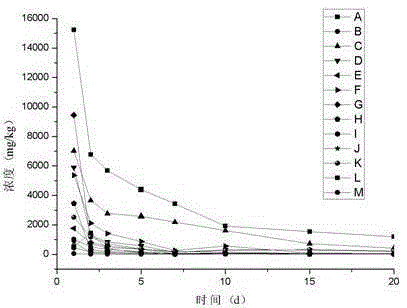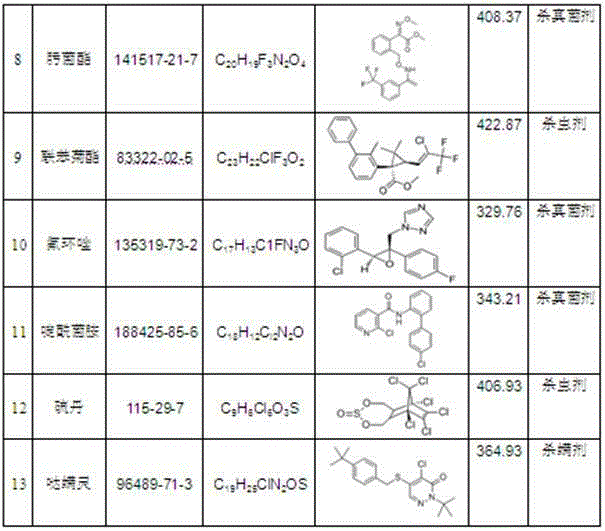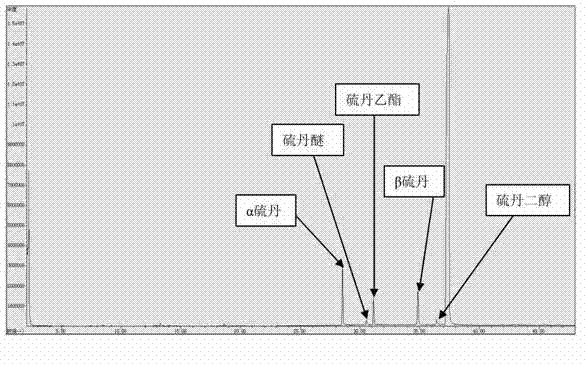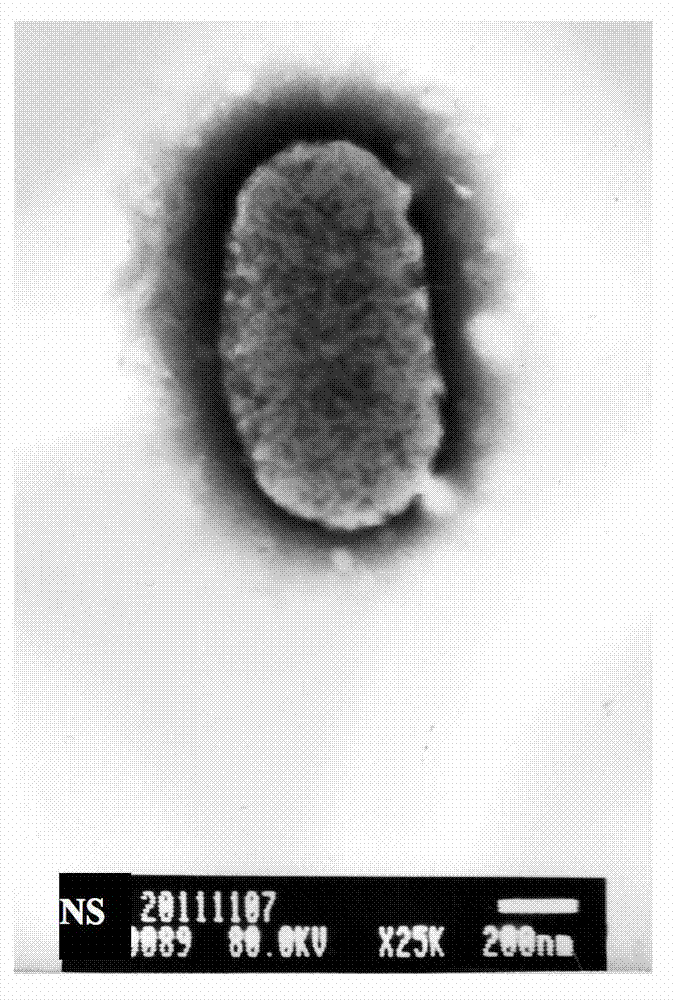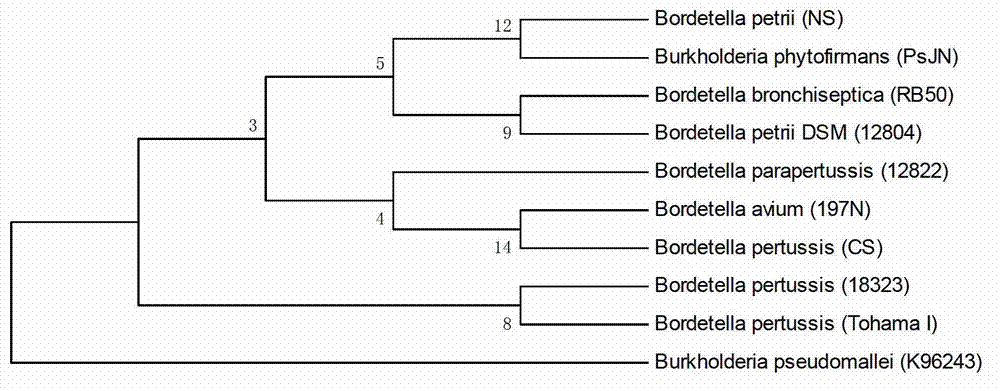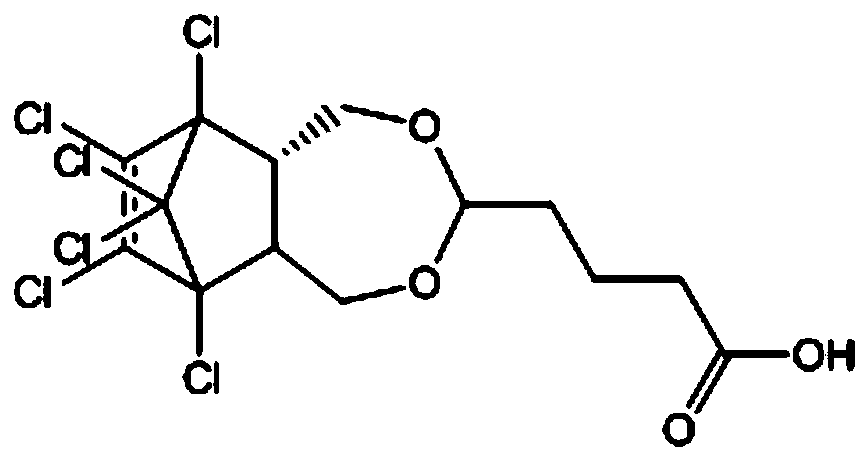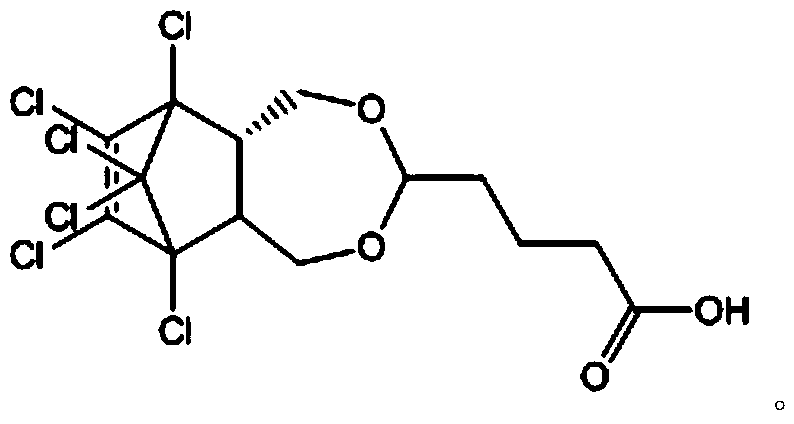Patents
Literature
33 results about "Endosulfan" patented technology
Efficacy Topic
Property
Owner
Technical Advancement
Application Domain
Technology Topic
Technology Field Word
Patent Country/Region
Patent Type
Patent Status
Application Year
Inventor
Endosulfan is an off-patent organochlorine insecticide and acaricide that is being phased out globally. The two isomers, endo and exo, are known popularly as I and II. Endosulfan sulfate is a product of oxidation containing one extra O atom attached to the S atom. Endosulfan became a highly controversial agrichemical due to its acute toxicity, potential for bioaccumulation, and role as an endocrine disruptor. Because of its threats to human health and the environment, a global ban on the manufacture and use of endosulfan was negotiated under the Stockholm Convention in April 2011. The ban has taken effect in mid-2012, with certain uses exempted for five additional years. More than 80 countries, including the European Union, Australia, New Zealand, several West African nations, the United States, Brazil, and Canada had already banned it or announced phase-outs by the time the Stockholm Convention ban was agreed upon. It is still used extensively in India, China despite laws banning it, and few other countries. It is produced by Makhteshim Agan and several manufacturers in India and China. Although, the Supreme Court had, by an order dated 13.05.2011, put a ban on the production and sale of endosulfan in India till further orders.
Endosulfan microcapsule dispersion
Aqueous endosulfan microcapsule dispersions in which the dispersed microcapsules comprise endosulfan, an organic solvent or solvent mixture and a capsule-forming material based on isocyanate prepolymers and the aqueous phase which represents the dispersion medium comprises surfactants, a water-soluble inorganic salt with or without other formulation aids, which include a relatively small amount of capsule-forming material, and a process for their preparation.
Owner:HOECHST SCHERING AGREVO GMBH
Preparation of charcoal-based material and application thereof in removing typical organic chloride pesticide in water environment
InactiveCN107175072AWide variety of sourcesLow priceOther chemical processesWater contaminantsChlorideHigh water content
The invention discloses preparation of a charcoal-based material and application thereof in removing typical organic chloride pesticide in a water environment. A wetland plant with higher water content and higher ash content is used as the basis of the charcoal material, and is pyrolyzed by an oxygen-limiting heating method, so as to prepare an adsorbing material with high-efficiency adsorption characteristic on the organic chloride pesticide in the water environment. The preparation has the advantages that the removal rate of alpha-endosulfan and beta-endosulfan is 80% or above by the charcoal-based material; the process of the CANB550 adsorbing the alpha-endosulfan and the beta-endosulfan can meet a Langmuir adsorbing model, and the maximum adsorbing amounts are respectively 25.34mg / g and 9.92mg / g.
Owner:CHINESE RES ACAD OF ENVIRONMENTAL SCI
Endosulfan degradation stain and application thereof in soil remediation
InactiveCN102757907APromote degradationIncreased degradation rateBacteriaContaminated soil reclamationMicroorganismKanamycin
The invention discloses an endosulfan degradation stain and application thereof in soil remediation. The endosulfan degradation stain is a strain LD-6 of Stenotrophomonas rhizophila, is preserved in China general microbiological strain preservation administration center On March 2, 2012, and the preservation number is CGMCC No.5839. The endosulfan degradation stain can realize the complete degradation of 100 mg / L of endosulfan within 10 days under an aerobic condition and has low-toxic or non-toxic degradation products and fast environmental degradation; the strain LD-6 is sensitive to common antibiotics, such as tetracycline and kanamycin and tolerant to 13 tested heavy metals and can inhibit the growth of a plurality of phytopathogens; and the endosulfan degradation stain has capability of efficiently degrading the endosulfan in an actual soil environment, can outstandingly shorten the degrading time of the endosulfan and has practical application significance and value.
Owner:ZHEJIANG FORESTRY UNIVERSITY
Method for detecting drug resistance of adelphocoris suturalis
InactiveCN103675208AEasy to operateReduce cumbersome stepsMaterial analysisAnimal husbandryChlorpyrifosAdelphocoris suturalis
The invention provides a method for detecting the drug resistance of adelphocoris suturalis. A diagnosis glass tube is manufactured under the diagnostic doses of medicaments so as to rapidly detect the resistance level to pesticides by the adelphocoris suturalis field population, wherein the medicaments are imidacloprid, endosulfan, cyfluthrin or chlorpyrifos; the diagnostic doses of the medicaments are 824ng / cm<2> of imidacloprid, 20ng / cm<2> of endosulfan, 861ng / cm<2> of cyfluthrin and 7ng / cm<2> of chlorpyrifos. The method provided by the invention is simple and convenient to use; the result is intuitive and obvious; the method is suitable for rapidly detecting the resistance level of adelphocoris suturalis in fields, can be used for overcoming the defects of high sample using quantity, complicity in operation, time consumption and the like by a traditional bioassay method, and can be applied to rapidly detecting the resistance level of the adelphocoris suturalis field population.
Owner:CHINA AGRI UNIV
Endosulfan degradation bacterium JBW4
ActiveCN102827789ADegradation safetyPromote degradationBacteriaContaminated soil reclamationEcological environmentMicrobiology
The invention provides an endosulfan degradation bacterium JBW4 (Alcaligenes faecalis.JBW4), which was preserved in the China center for type culture collection (CCTCC) on May 24th, 2012 with the preservation serial number being CCTCC No:M2012181. The endosulfan degradation bacterium JBW4 is prepared to be bacteria suspending liquid, and the bacteria suspending liquid is applied to the degradation of endosulfan in the soil in a mode that the bacteria suspending liquid is directly added into the soil, so that endosulfan remained on objects of water bodies, soils and the like can be safely, effectively and quickly degraded, genetic toxicity and ecotoxicity of the endosulfan to the environment are reduced and the actions of restoring the soil polluted by the endosulfan and protecting the ecological environment are exerted. The bactericide of the strain is simple in preparation process, low in cost and high in efficiency, and has good application prospect; and moreover, the secondary pollution is avoided.
Owner:SHANDONG AGRICULTURAL UNIVERSITY
Fertilizer special for increasing yield of water melons
InactiveCN101885637ALow costFast growthFertilising methodsFertilizer mixturesAnimal fecesMonopotassium phosphate
The invention relates to a fertilizer special for increasing the yield of water melons. The fertilizer comprises the following components in percentage by weight: 18 to 37 percent of colza cake, 8 to 16 percent of dry duck feces, 16 to 25 percent of dry human excrement, 10 to 16 percent of sorghum powder, 6 to 10 percent of water melon production promoter, 4 to 9 percent of endosulfan, 4 to 9 percent of monopotassium phosphate, 1 to 2 percent of calcium chloride, 0.5 to 1 percent of dipterex, 1 to 2 percent of sand, 1 to 2 percent of oxygen-increasing powder and 0.5 to 1 percent of carbendazim. The fertilizer is prepared by the following steps of: mixing the first nine raw materials in proportion; putting the mixture into a stirrer and stirring the mixture for 80 minutes; taking the stirred mixture out; grinding the stirred mixture in a grinder into particles of 140 meshes; taking the particles out, adding the carbendazim, the dipterex and the endosulfan into the particles and uniformly stirring the mixture; putting the mixture into the stirrer, stirring the mixture for 30 minutes and taking the stirred mixture out; and molding the stirred mixture into a cylindrical fertilizer column which is special for increasing the yield of the water melons and has a weight of 300 grams, a height of 12 centimeters and a width of 10 centimeters by using a molding machine. The molded fertilizer column special for increasing the yield is required to be compact and not easy to be broken when taken by hands.
Owner:闫家良
Method for degrading endosulfan through mechano-chemical process
ActiveCN109092455AImprove degradation efficiencyCaO excellentContaminated soil reclamationGrain treatmentsEngineeringBall mill
The invention discloses a method for degrading endosulfan through a mechano-chemical process. The method comprises the steps that endosulfan or endosulfan-containing matter and a grinding agent are added into a ball mill together to be subjected to ball milling for 15 min or longer, so that endosulfan degrading is realized, specifically, the rotation speed of the ball mill is 400-600 rpm, the material ratio is 15-20:1, the ratio of grinding media to a material is 15-20:1, the ball mill rotates reversely immediately after rotating for 30 min, and the operations are repeatedly carried out. According to the method, CaO and MgO are adopted independently, and the endosulfan degrading efficiency is 96% or above due to ball milling for half an hour; and ball milling is carried out for 15 min under the conditions that the material ratio is 15-20:1, the ratio of the grinding media to the material is 15-20:1 and the rotation speed is 500 rpm, the degrading rate is 70%, and the content of endosulfan in soil is reduced from original 3451.042 mg / kg to 1043 mg / kg. After endosulfan is subjected to ball milling for 120 min, the content of endosulfan in soil is reduced to 430.6 mg / kg, the soil degrading rate is 85.62%, and a good practical application effect is achieved.
Owner:NANJING FORESTRY UNIV
Natural matrix standard sample for 13 pesticide residues in tea and preparation thereof
ActiveCN103808545AImprove uniformityImprove stabilityPreparing sample for investigationPesticide residueToxicology
The invention discloses a natural matrix standard sample for 13 pesticide residues in tea and a preparation method thereof. The preparation method comprises the steps of applying trifloxystrobin, cyprosulfamide, pyrimethanil, metalaxyl, bifenthrin, endosulfan, triadimefon, dinikonazol, epoxiconazole, pyridaben, ametryn, napropamide and acetochlor to a tea tree for test or soil in a region for test, and collecting the tea to prepare the natural matrix standard sample. The preparation method of the natural matrix standard sample for the tea is scientific and reasonable, and is strong in maneuverability. The prepared natural matrix standard sample is good in uniformity and stability, easy to store, and convenient to use; a sampling amount is equal to that of an extracting and purifying method and a daily analysis sample, detection data obtained from different time, different environment temperatures and different detection persons are reliable and accurate, thus the preparation method is suitable for being used as a quality control means in detection work, and is relatively high in application and popularization values.
Owner:INSPECTION & QUARANTINE TECH CENT OF FUJIAN ENTRY EXIT INSPECTION & QUARANTINE BUREAU
Filter medium for removing endosulfan from water as well as filter element and preparation method of filter medium
InactiveCN104587959AHigh removal rateEliminate damageOther chemical processesWater contaminantsMolecular sieveActivated carbon
The invention provides a preparation method of a filter medium for removing endosulfan from drinking water. The preparation method is characterized by comprising the following steps: (a) mixing ultra-high molecular weight polyethylene powder, activated carbon powder, zeolite molecular sieve powder, attapulgite powder and a pore-forming agent to obtain a mixture, wherein the ultra-high molecular weight polyethylene powder, the activated carbon powder, the zeolite molecular sieve powder, the attapulgite powder and the pore-forming agent are mixed in a weight ratio of (100-300) to (50-100) to (100-150) to (100-150) to (50-100); and (b) pressing, sintering and cooling the mixture obtained in step (a) in a mould. According to the preparation method, the filter medium prepared under synergistic reaction of the raw materials has a high removal rate to endosulfan in water, the method is simple, the filter medium is suitable for drinking water polluted by endosulfan so as to avoid harms of elemental endosulfan to a human body. Through the detection, the removal rate of the filter medium to endosulfan in drinking water is higher than 99.0%.
Owner:CIXI TIANQUAN ELECTRICAL APPLIANCE TECH
Chemical remediation method for soil contaminated by endosulfan
InactiveCN102601109AHigh experimental conditionsImprove efficiencyContaminated soil reclamationPollution soilToxicant
The invention relates to a chemical remediation method for soil contaminated by endosulfan, which aims to realize chemical remediation of contaminated soil on contaminated sites for endosulfan production, utilizes quick lime to treat soil contaminated by endosulfan, is simple in operation and requires conditions easy to control. The chemical remediation method includes adding quick lime into soil contaminated by endosulfan, regulating water content of the soil, stacking the soil at the normal temperature in dark for three days and then degrading endosulfan to be low-toxicity or non-toxic substance. The chemical remediation method has the advantages of fine remediation effect, operational simplicity, low cost, high efficiency and the like.
Owner:NANJING INST OF ENVIRONMENTAL SCI MINIST OF ECOLOGY & ENVIRONMENT OF THE PEOPLES REPUBLIC OF CHINA +1
A Bordetella petrii NS and applications of an immobilized enzyme thereof in the soil
InactiveCN103060233ADegradation safetyPromote degradationBacteriaContaminated soil reclamationBordetella petriiBiology
The present invention provides a Bordetella petrii NS and applications of an immobilized enzyme thereof in the soil, wherein the accession number is CCTCC No: M 2012327. The Bordetella petrii NS has the ability of degrading endosulfan in a slightly alkaline environment, and is capable of degrading residual endosulfan in water, soil and other objects safely, efficiently and rapidly, thereby reducing damage to the environment caused by the endosulfan harm, and repairing endosulfan contaminated soil and protecting the environment. The immobilized enzyme prepared by using the strain of the invention is simple in preparation process, low in cost, high in efficiency, and free of secondary pollution, thus having important practical values and good application prospects.
Owner:SHANDONG AGRICULTURAL UNIVERSITY
Sorghum yield increasing fertilizer
InactiveCN101906000AFast growthQuality improvementBiocideClimate change adaptationMolding machineVinasse
The invention relates to a sorghum yield increasing fertilizer which comprises the following components in percentage by weight: 8-16 percent of corn powder, 10-16 percent of calcium fertilizer, 18-37 percent of wheat straw powder, 18-25 percent of ammonium nitrate, 6-10 percent of vinasse powder, 4-10 percent of phosphate fertilizer, 4-9 percent of potash fertilizer, 1-2 percent of nitrogen fertilizer, 0.5-1 percent of endosulfan, 0.5-1 percent of chemical fertilizer, 0.5-1 percent of lime and 0.5-1 percent of dipterex. The sorghum yield increasing fertilizer is prepared by the following steps of: weighing the nine raw materials in proportion and mixing completely; crushing into into particles of 150 meshes by a crusher; then taking out and placing the particles into an agitator for stirring for 40 minutes, taking out; adding the endosulfan, the lime and the dipterex and uniformly stirring; placing the mixture into the agitator again for stirring for 20 minutes and taking out; and molding into a cylindrical fertilizer column with the weight of 150g, the height of 8cm and the width of 7cm by a molding machine, wherein the cylindrical fertilizer column is required to be compacted and is difficult to break when taken with hands.
Owner:朱朝豹
Method for determining endosulfan in feed by gas chromatography-tandem mass spectrometry
InactiveCN108037218AEasy to operateImprove extraction efficiencyComponent separationOrganic solventGas phase
The invention discloses a method for determining endosulfan in a feed by gas chromatography-tandem mass spectrometry. The method comprises the following steps of pretreating a sample, and detecting; weighing a certain amount of sample, extracting the endosulfan in the sample by using an organic solvent (chromatographic pure acetonitrile) as an extracting agent, concentrating by a nitrogen blowinginstrument, purifying the concentrated liquid by a Florisil diatomite SPE (solid-phase extraction) column, and using the gas chromatography-tandem mass spectrometry to perform qualitative and quantitative treatment. The method has the advantages that the organic solvent (chromatographic pure acetonitrile) is used as the extracting agent, and the sample is concentrated, and purified by the Florisildiatomite SPE column, so that the pretreatment is simple and convenient, and the consumption time is short; the gas chromatography-tandem mass spectrometry adopts a MRM (multiple reaction monitoring)mode to determine, so that the sensitivity and precision are high, and the qualitative and quantitative treatment is accurate; the universality is strong, the method is suitable for the feed sampleswith different proportional ratios, and the requirement of quickly separating and detecting the endosulfan in the feed sample can be met.
Owner:淮安出入境检验检疫局综合技术服务中心
Method for evaluating biotoxicity of endosulfan
InactiveCN104034879ASimple methodImprove relevanceBiological testingInflammatory factorsBiological body
The invention discloses a method for evaluating biotoxicity of endosulfan. The method includes the step of detecting biomarker expression of biological samples, wherein the biomarker is IL-6 and / or IL-8. The method is simple and convenient, high in correlation and capable of rapidly evaluating whether a living organism is exposed to endosulfan or not and whether cytotoxicity is caused or not. The method discusses that endosulfan toxicity is related to expression changes of inflammatory factors IL-6 and IL-8 from the aspect of inflammation, hints that the IL-6 and the IL-8 can serve as the biological indicators for evaluating endosulfan cytotoxicity, reflects the relationship between the concentration of endosulfan exposure and effect of endosulfan exposure, has significance in judging influences of endosulfan biotoxicity, especially inflammation damage on the living organism, and is beneficial for revealing the molecular mechanism of environmental persistence organic pollutant inflammatory damage.
Owner:DALIAN MARITIME UNIVERSITY
Method for detecting insecticide resistance of apolygus lucorum
InactiveCN103675253ASolve operational problemsEasy to operateDisease diagnosisBiological testingChlorpyrifosMalathion
The invention provides a method for detecting the insecticide resistance of apolygus lucorum. Under the diagnostic dose of an insecticide, a diagnostic glass tube is manufactured for rapidly detecting the resistance level of an apolygus lucorum field population to the insecticide, wherein the insecticide is malathion, chlorpyrifos, methomyl, cyhalothrin, imidacloprid or endosulfan; the diagnostic dose of the insecticide as follows: 67 ng / cm<2> of malathion, 560 ng / cm<2> of chlorpyrifos, 620 ng / cm<2> of methomyl, 3,046 ng / cm<2> of cyhalothrin, 886 ng / cm<2> of imidacloprid and 1,092 ng / cm<2> of endosulfan. The method disclosed by the invention is convenient to use and is suitable for rapidly detecting the resistance level of the apolygus lucorum in the field; results are intuitive and clear; the disadvantages that the conventional bioassay method has a large number of samples, tedious operation, time waste and the like are overcome; the method can be used for rapidly detecting the resistance level of the apolygus lucorum field population.
Owner:CHINA AGRI UNIV
A method for evaluating the biotoxicity of endosulfan
InactiveCN104034879BSimple methodImprove relevanceBiological testingInflammatory factorsCytotoxicity
The invention discloses a method for evaluating biotoxicity of endosulfan. The method includes the step of detecting biomarker expression of biological samples, wherein the biomarker is IL-6 and / or IL-8. The method is simple and convenient, high in correlation and capable of rapidly evaluating whether a living organism is exposed to endosulfan or not and whether cytotoxicity is caused or not. The method discusses that endosulfan toxicity is related to expression changes of inflammatory factors IL-6 and IL-8 from the aspect of inflammation, hints that the IL-6 and the IL-8 can serve as the biological indicators for evaluating endosulfan cytotoxicity, reflects the relationship between the concentration of endosulfan exposure and effect of endosulfan exposure, has significance in judging influences of endosulfan biotoxicity, especially inflammation damage on the living organism, and is beneficial for revealing the molecular mechanism of environmental persistence organic pollutant inflammatory damage.
Owner:DALIAN MARITIME UNIVERSITY
Special pesticide for corn borers
InactiveCN105638788AImprove protectionAffect reproductive behaviorBiocideChemosterilantsMalathionThiamethoxam
The invention relates to a crop pesticide, in particular to a special pesticide for corn borers. The special pesticide for the corn borers is characterized by comprising raw materials as follows: endosulfan, malathion, carbaryl, deltamethrin, leaf alcohol, polyoxyethylene fatty alcohol ether, sodium hydroxide, methylene dichloride, avermectin, diethyl aminoethyl hexanoate, a preservative, thiamethoxam, stemona roots, derris, pyrethrum, areca nuts, coriaria sinica maxim, bead trees, garlic, microecologics and flour. The special pesticide for the corn borers has the benefits as follows: the efficacy is lasting, the insecticidal efficacy is obvious, and the special pesticide has a good protection function on the corn; the added raw materials including endosulfan, malathion, carbaryl, deltamethrin and methylbenzene not only can kill the corn borers, but also can affect the reproductive behavior of the corn borers, the breeding of the corn borers is reduced, and accordingly, the harm of the corn borers is eliminated fundamentally.
Owner:滨州禾丰高效生态产业技术开发有限公司
Screening of endosulfan degrading bacteria JW2 and application of endosulfan degrading bacteria JW2 to red soil
InactiveCN103074276AImprove efficiencyHarm reductionBacteriaContaminated soil reclamationMicroorganismEcological environment
The invention provides screening of endosulfan degrading bacteria JW2 and application of the endosulfan degrading bacteria JW2 to red soil. The collection number of the endosulfan degrading bacteria JW2 is CCTCC No: M2012326. According to the characteristic that microorganisms can quickly degrade endosulfan and shorten the half-life period, the microorganisms capable of degrading the endosulfan are screened out under the slightly acidic and high-temperature environment and are applied to soil in the South of China, so that the aim of repairing the soil polluted by the endosulfan is fulfilled. The endosulfan degrading bacteria JW2 can degrade the residual endosulfan on water, soil and the like safely, efficiently and quickly so as to reduce the damage of the endosulfan to the environment and achieve the effects of repairing the soil polluted by the endosulfan and protecting the ecological environment. The endosulfan degrading bacteria JW2 has simple preparation process, low cost and high efficiency, avoids secondary pollution and has good application prospect.
Owner:SHANDONG AGRICULTURAL UNIVERSITY
Method for assessing risk of endosulfan in cancer promoting
InactiveCN107058556APromote cancer risk rapidlySimple methodMicrobiological testing/measurementDisease diagnosisProstate cancer cellCvd risk
The invention provides a method for assessing risk of endosulfan in cancer promoting. The method includes the step of detecting expression of a biomarker of biological samples; the biomaker refers to PRL-3. The method is easy and convenient, high in relevance, and capable of assessing risk of endosulfan in cancer promoting rapidly. According to the method, PRL-3, screened by the bioinformatics analysis, is the key gene of the relevance between endosulfan and prostatic cancer; As proved in terms of the cytology, endosulfan has effect of improving migration capacity of prostatic cancer cells by improving the expression of PRL-3, that is, endosulfan has risk of promoting prostatic cancer. The method provides a significant reference value for searching the key gene causing human diseases from environmental pollutants, and also provides important clue for targeted therapy on the human diseases caused by environmental pollutants in the future.
Owner:DALIAN MARITIME UNIVERSITY
A kind of method adopting mechanochemical method to degrade endosulfan
ActiveCN109092455BImprove degradation efficiencyCaO excellentContaminated soil reclamationGrain treatmentsPhysical chemistryBall mill
Owner:NANJING FORESTRY UNIV
Synthetic method of molecule marking polymer particles or beads conducting selective detoxification on natural water polluted by endosulfans, analogs or derivatives, and product
InactiveCN102234355BIon-exchange process apparatusOther chemical processesPolymer scienceFunctional monomer
The invention relates to a synthetic method of molecule marking polymer particles or beads conducting selective detoxification on natural water polluted by endosulfans, analogs or derivatives, and a product. The invention more specifically relates to a crosslinking polymer composition through a molecule marking technology based on non-covalent strategy. The preparation of the crosslinking polymer particles and beads comprises the steps of adding functional monomers and additional monomers to chlorendicacid (template), and polymerizing with proper cross-linking agents and initiators. The invention also describes a method for completely removing endosulfans, analogs or derivatives from contaminated deionized water and polluted natural water, and for removing particles or beads of regeneration fake template markings by using methanol and ethanol.
Owner:COUNCIL OF SCI & IND RES
Detection method of endosulfan pesticide residue in animal milk
InactiveCN109030657AOptimize detection conditionsAccurate detectionComponent separationPesticide residueBiology
The invention discloses a detection method of endosulfan pesticide residue in animal milk. The detection method of endosulfan pesticide residue in animal milk is to extract an endosulfan pesticide from a fresh milk sample by an extraction method, then purify and concentrate the obtained specimen, and then determine the residual amount of the endosulfan pesticide by gas chromatography detection. The detection method comprises the following steps: I, sample pretreatment; II, preparation of an endosulfan pesticide standard solution; and III, gas chromatography detection. Through improvement on pretreatment and optimization of detection conditions, accurate detection of the endosulfan pesticide in the animal milk is realized, and high recovery rate is achieved.
Owner:广州风行乳业股份有限公司
Screening of endosulfan degrading bacteria JW2 and application of endosulfan degrading bacteria JW2 to red soil
InactiveCN103074276BImprove efficiencyHarm reductionBacteriaContaminated soil reclamationMicroorganismEcological environment
The invention provides screening of endosulfan degrading bacteria JW2 and application of the endosulfan degrading bacteria JW2 to red soil. The collection number of the endosulfan degrading bacteria JW2 is CCTCC No: M2012326. According to the characteristic that microorganisms can quickly degrade endosulfan and shorten the half-life period, the microorganisms capable of degrading the endosulfan are screened out under the slightly acidic and high-temperature environment and are applied to soil in the South of China, so that the aim of repairing the soil polluted by the endosulfan is fulfilled. The endosulfan degrading bacteria JW2 can degrade the residual endosulfan on water, soil and the like safely, efficiently and quickly so as to reduce the damage of the endosulfan to the environment and achieve the effects of repairing the soil polluted by the endosulfan and protecting the ecological environment. The endosulfan degrading bacteria JW2 has simple preparation process, low cost and high efficiency, avoids secondary pollution and has good application prospect.
Owner:SHANDONG AGRICULTURAL UNIVERSITY
Natural matrix standard samples of 13 kinds of pesticide residues in tea and their preparation
ActiveCN103808545BImprove uniformityImprove stabilityPreparing sample for investigationPesticide residueToxicology
Owner:INSPECTION & QUARANTINE TECH CENT OF FUJIAN ENTRY EXIT INSPECTION & QUARANTINE BUREAU
Preparation method of endosulfan
The invention relates to a preparation method of endosulfan. The preparation method comprises the following steps of firstly, mixing an organic solvent and a wet product of endosulfan, distilling and dehydrating to prepare endosulfan; secondly, distilling and dehydrating through spray heating or membrane evaporator heating by taking the solvent as a carrier to realize the continuous operation of a dehydration process as well as wet-process smashing, blending and packaging processes; and thirdly, simultaneously finishing the operation of complexing maneb and zinc in the organic solvent and the process of dehydrating for crystal transformation. Due to the implementation of the third step, the decomposition of a product is reduced, the harmful impurity and dust pollution is reduced, and a fire accident generated in a product drying process is avoided.
Owner:QINGDAO HAOLITE BIOLOGICAL PESTICIDE
Test strip for detecting endosulfan and application of test strip
ActiveCN111751535AHigh sensitivityStrong specificityBiological material analysisBiological testingBiotechnologySite monitoring
The invention discloses a test strip for detecting endosulfan and application of the test strip. The test strip comprises a sample absorption pad (1), a conjugate release pad (2), a reaction film (3),a water absorption pad (4) and a bottom plate (7), the reaction film is provided with a detection line (5) coated with a endosulfan hapten-carrier protein conjugate and a quality control line (6) coated with a goat anti-mouse anti-antibody, and the conjugate release pad (2) is sprayed with an endosulfan monoclonal antibody-colloidal gold marker. The invention also provides a method for detectingendosulfan residues in vegetables and fruits such as cucumbers and apples by using the endosulfan test strip. The test strip provided by the invention has the characteristics of simplicity in operation, high sensitivity, high detection speed, low cost and the like, and is suitable for screening and on-site monitoring of a large number of samples.
Owner:BEIJING KWINBON BIOTECH +1
A Bordetella petrii NS and applications of an immobilized enzyme thereof in the soil
InactiveCN103060233BDegradation safetyPromote degradationBacteriaContaminated soil reclamationBordetella petriiBiology
The present invention provides a Bordetella petrii NS and applications of an immobilized enzyme thereof in the soil, wherein the accession number is CCTCC No: M 2012327. The Bordetella petrii NS has the ability of degrading endosulfan in a slightly alkaline environment, and is capable of degrading residual endosulfan in water, soil and other objects safely, efficiently and rapidly, thereby reducing damage to the environment caused by the endosulfan harm, and repairing endosulfan contaminated soil and protecting the environment. The immobilized enzyme prepared by using the strain of the invention is simple in preparation process, low in cost, high in efficiency, and free of secondary pollution, thus having important practical values and good application prospects.
Owner:SHANDONG AGRICULTURAL UNIVERSITY
Special coffee tree pesticide and preparation method thereof
The invention discloses a special coffee tree pesticide, which comprises following components in parts by weight: 10 to 20 parts of chlorbenzuron, 20 to 30 parts of avermectin, 4 to 8 parts of endosulfan, 2 to 4 parts of methomyl, 3 to 5 parts of methamidophos, 3 to 7 parts of phoxim, 5 to 10 parts of omethoate, 2 to 6 parts of beta cypermethrin, 5 to 10 parts of pyrethrin, and 50 to 60 parts of deionized water. The pesticide can effectively kill most pests of coffee trees in all seasons, reduces the economic loss caused by pests, guarantees the output, is mainly made of lipid raw materials, has a strong contact-killing effect, and solves the problem of pesticide resistance.
Owner:孙静
Application of endosulfan artificial antigen in enzyme linked immunosorbent assay kit
The invention provides an enzyme linked immunosorbent assay kit for detecting endosulfan. The kit comprises an ELISA plate coated with a coating antigen, a endosulfan standard substance solution, an endosulfan antibody, an enzyme conjugate concentrated solution, an enzyme conjugate diluent, a substrate developing solution, a stop solution and a washing solution. The coating antigen is an endosulfan coupling antigen, the enzyme conjugate is an enzyme-labeled endosulfan antibody, and the endosulfan antibody is obtained by immunizing animals with an immunogen. The invention also discloses a method for detecting endosulfan by using the enzyme linked immunosorbent assay kit. The method comprises the following steps of pretreating a sample, detecting by using the kit, and finally analyzing the detection result. The enzyme linked immunosorbent assay kit provided by the invention can be used for detecting the content of endosulfan in vegetable and fruit samples, is simple and convenient to operate, is low in cost and high in sensitivity, can be monitored on a site, and is suitable for screening a large number of samples.
Owner:BEIJING KWINBON BIOTECH +1
Peanut yield increasing fertilizer
InactiveCN106831222ABigReduce the frequency of fertilizationAnimal corpse fertilisersAlkali orthophosphate fertiliserOysterMonopotassium phosphate
The invention discloses peanut yield increasing fertilizer. The peanut yield increasing fertilizer comprises, by weight, 23 parts of oyster shell powder, 31 parts of dried manure, 23 parts of dried chicken manure, 33 parts of wood ash, 45 parts of compound fertilizer, 21 parts of potassium dihydrogen phosphate, 57 parts of urea, 27 parts of phosphate fertilizer, 43 parts of potassium sulfate, 12 parts of endosulfan, 46 parts of dried chicken manure, 36 parts of polylysine, 23 parts of cotton seed hull and 29 parts of sorghum straw powder. The diffluent ingredients of the peanut yield increasing fertilizer are dissolved at first and then the difficultly soluble ingredients are dissolved so that fertilizer application frequency is reduced. Through use of the peanut yield increasing fertilizer, the produced peanut has a large size and good quality.
Owner:丁菊
Features
- R&D
- Intellectual Property
- Life Sciences
- Materials
- Tech Scout
Why Patsnap Eureka
- Unparalleled Data Quality
- Higher Quality Content
- 60% Fewer Hallucinations
Social media
Patsnap Eureka Blog
Learn More Browse by: Latest US Patents, China's latest patents, Technical Efficacy Thesaurus, Application Domain, Technology Topic, Popular Technical Reports.
© 2025 PatSnap. All rights reserved.Legal|Privacy policy|Modern Slavery Act Transparency Statement|Sitemap|About US| Contact US: help@patsnap.com
